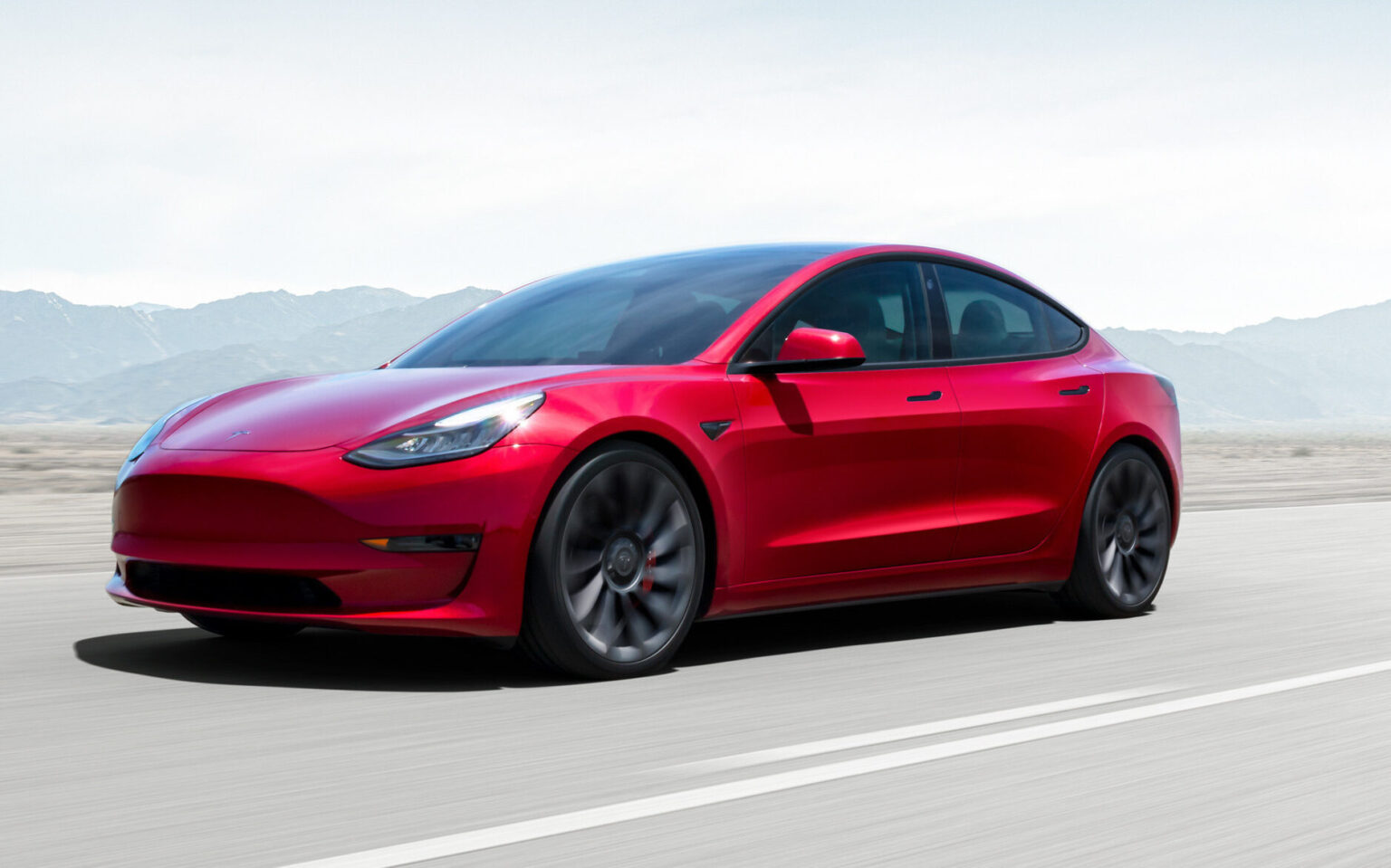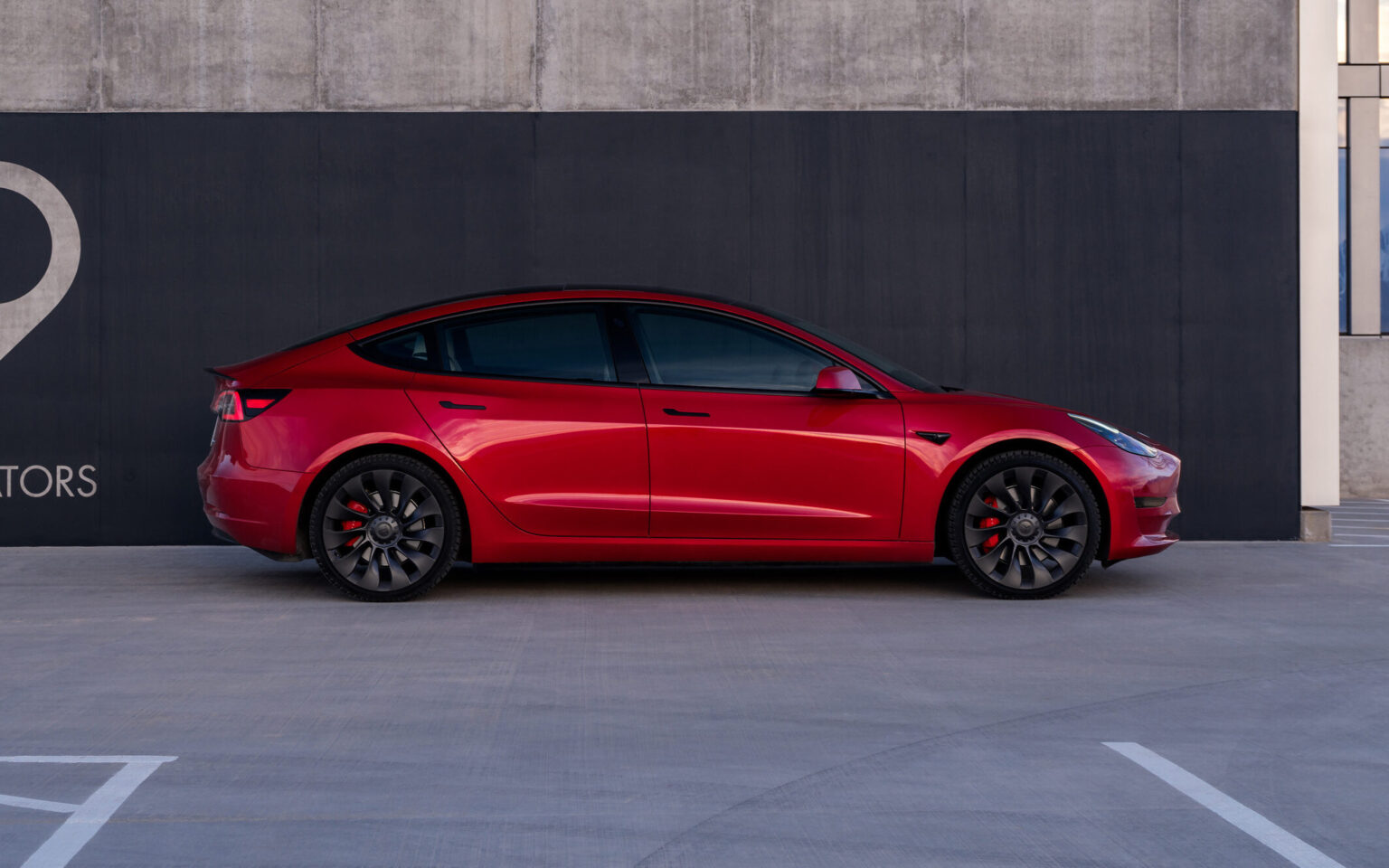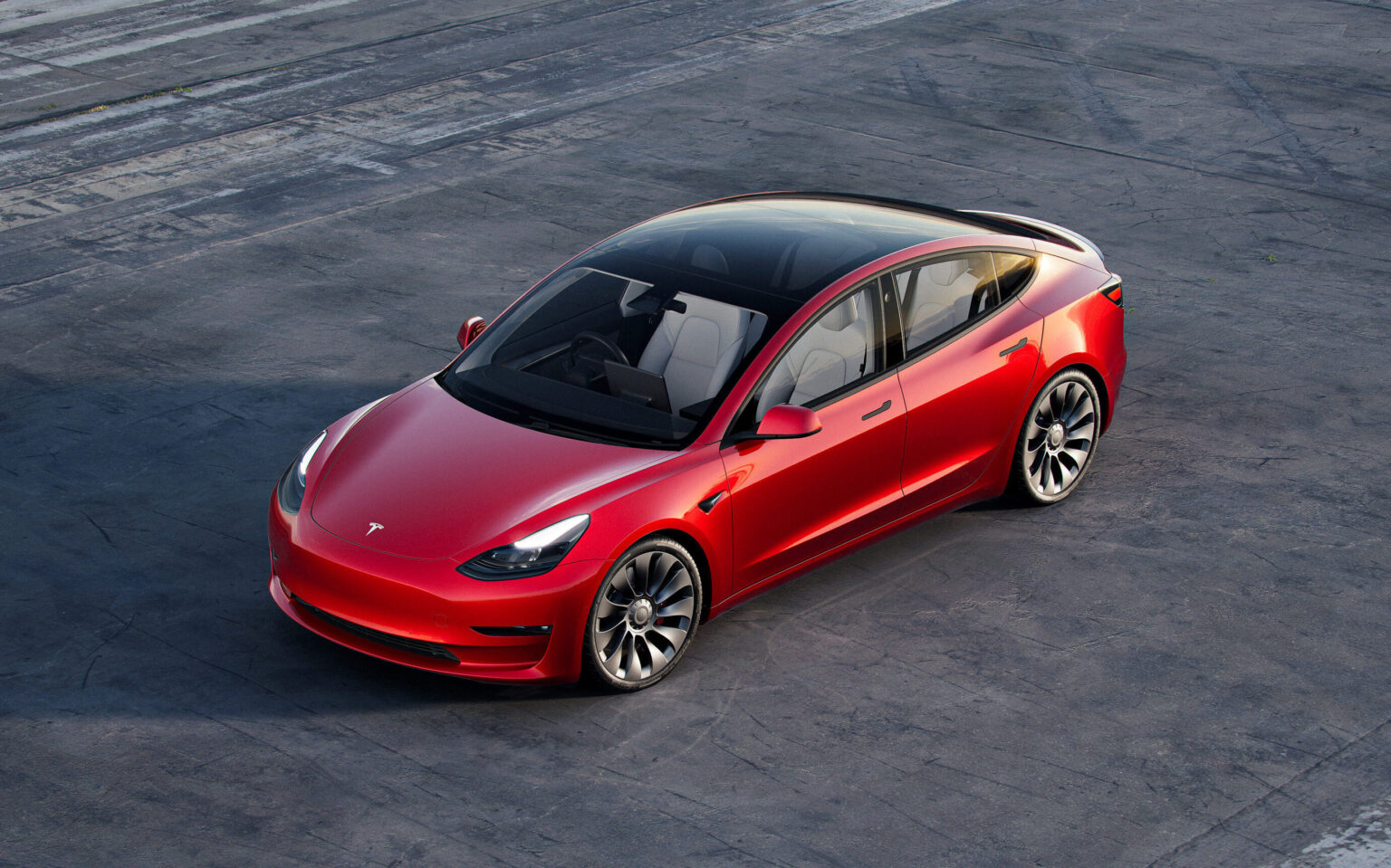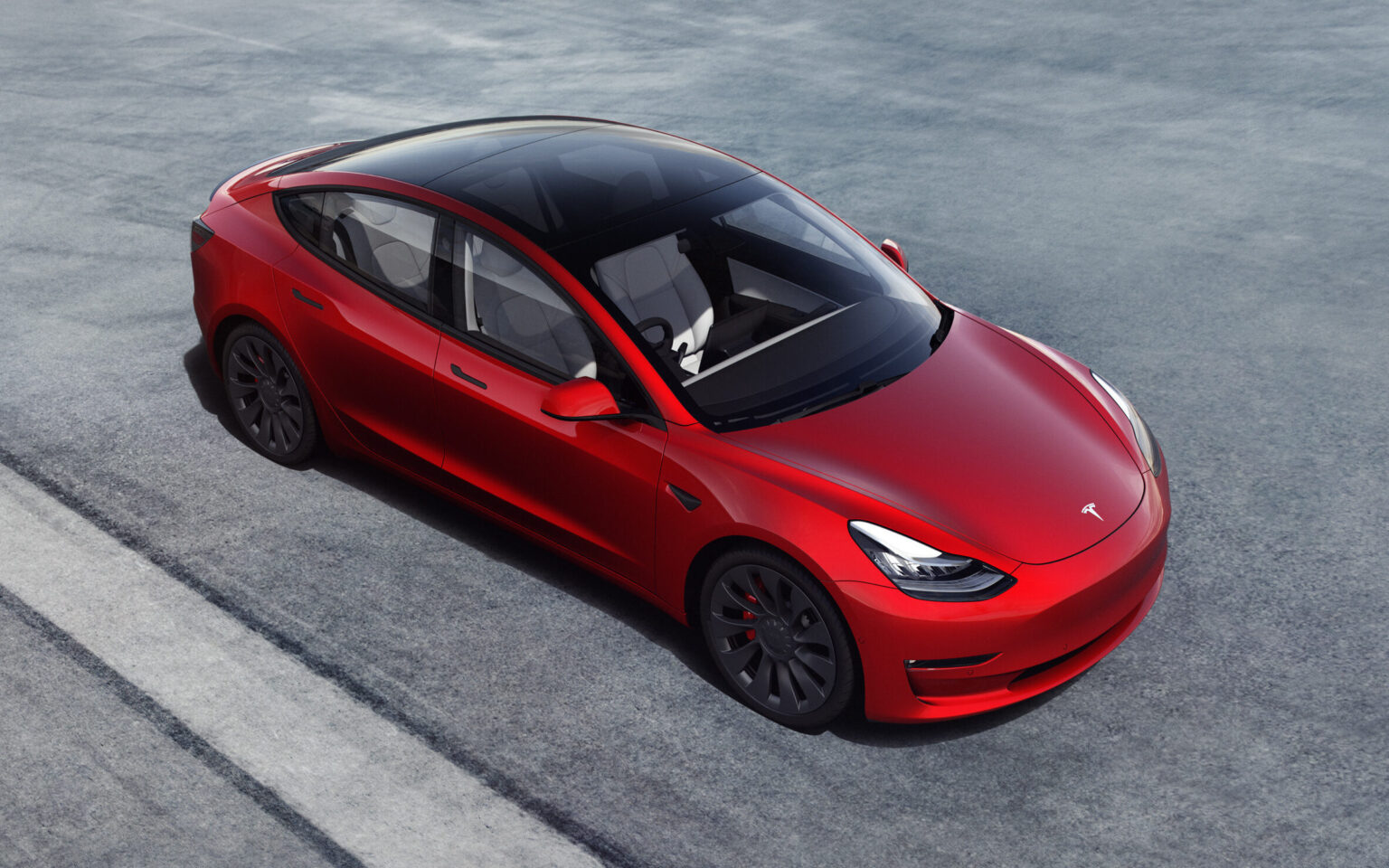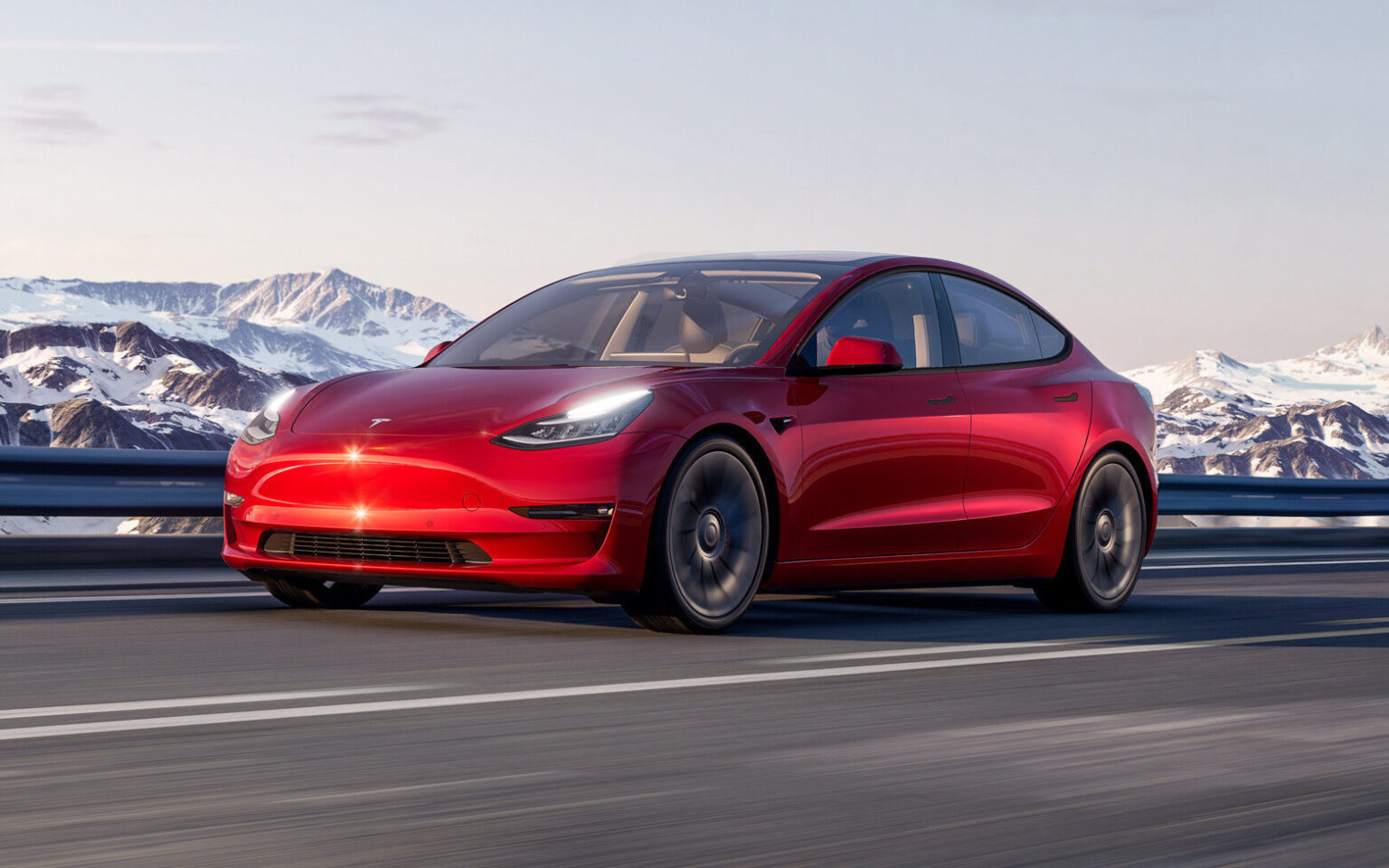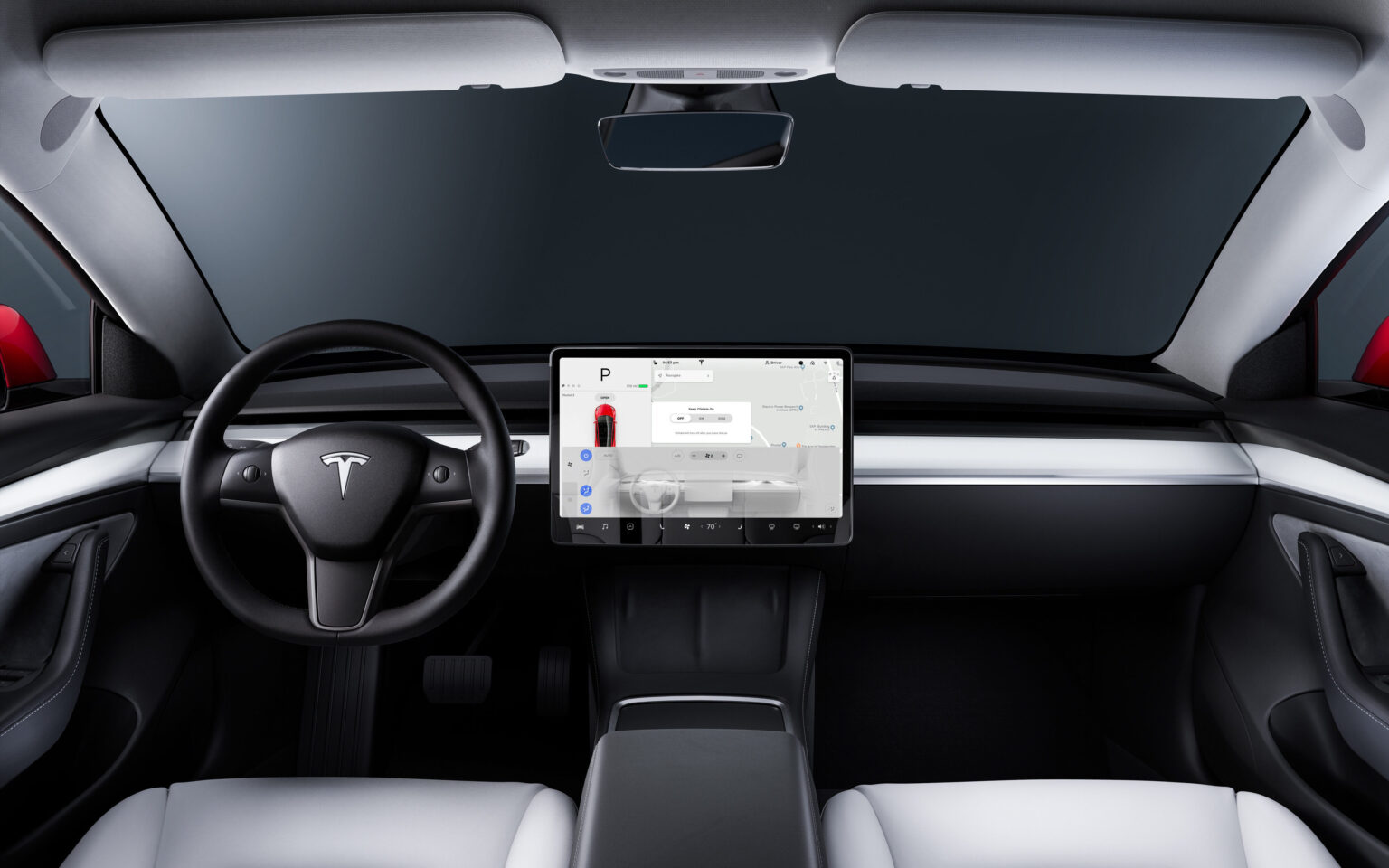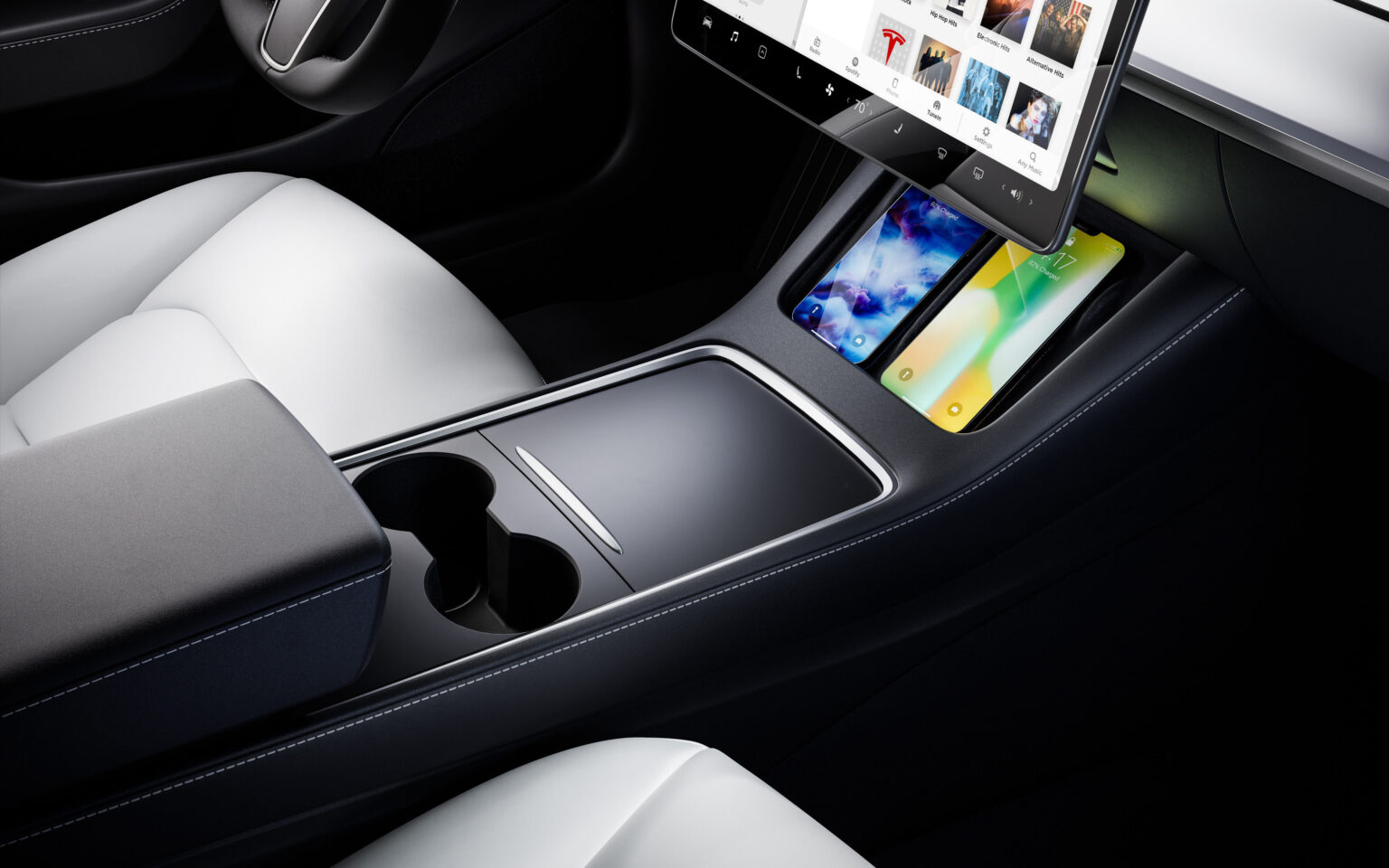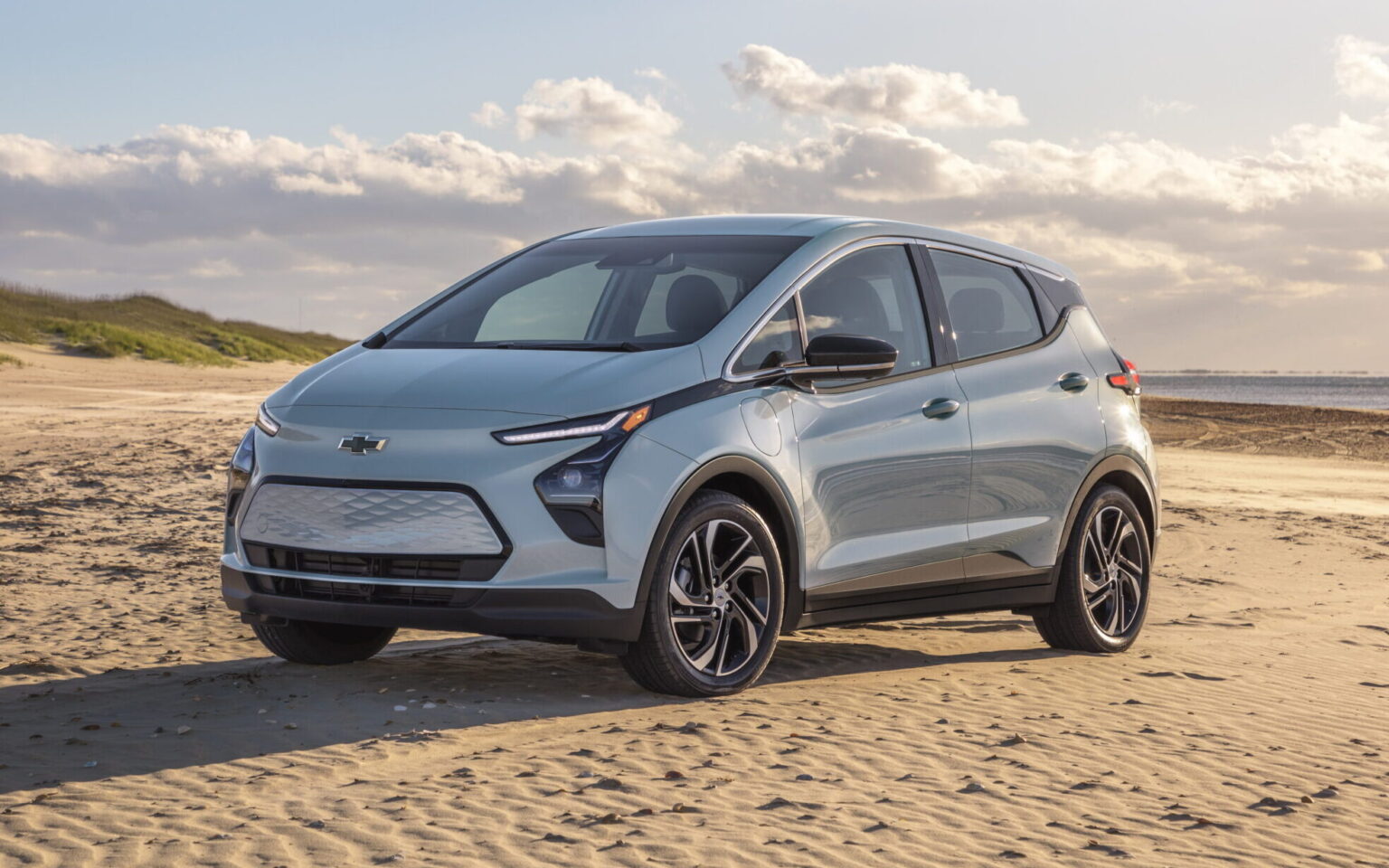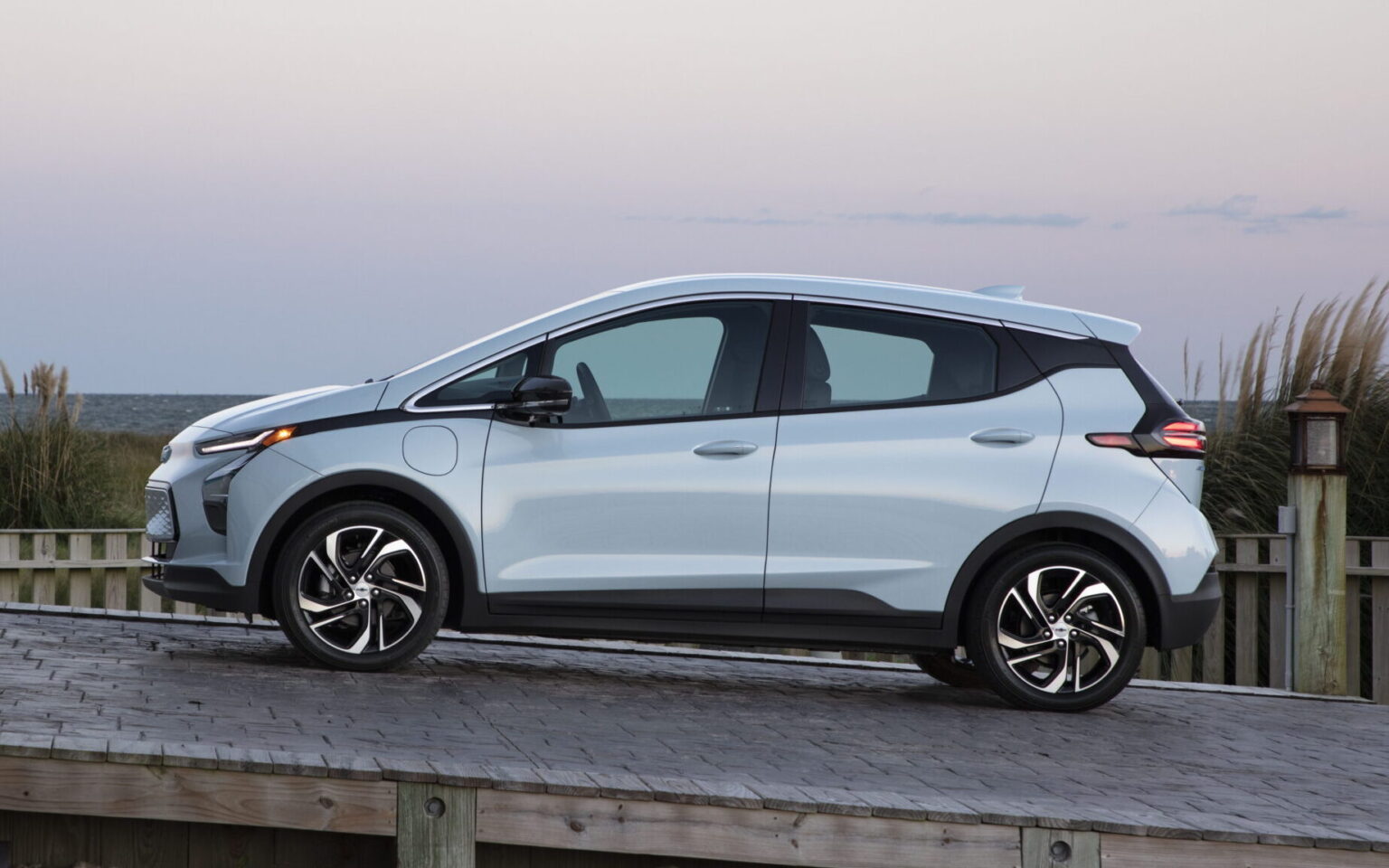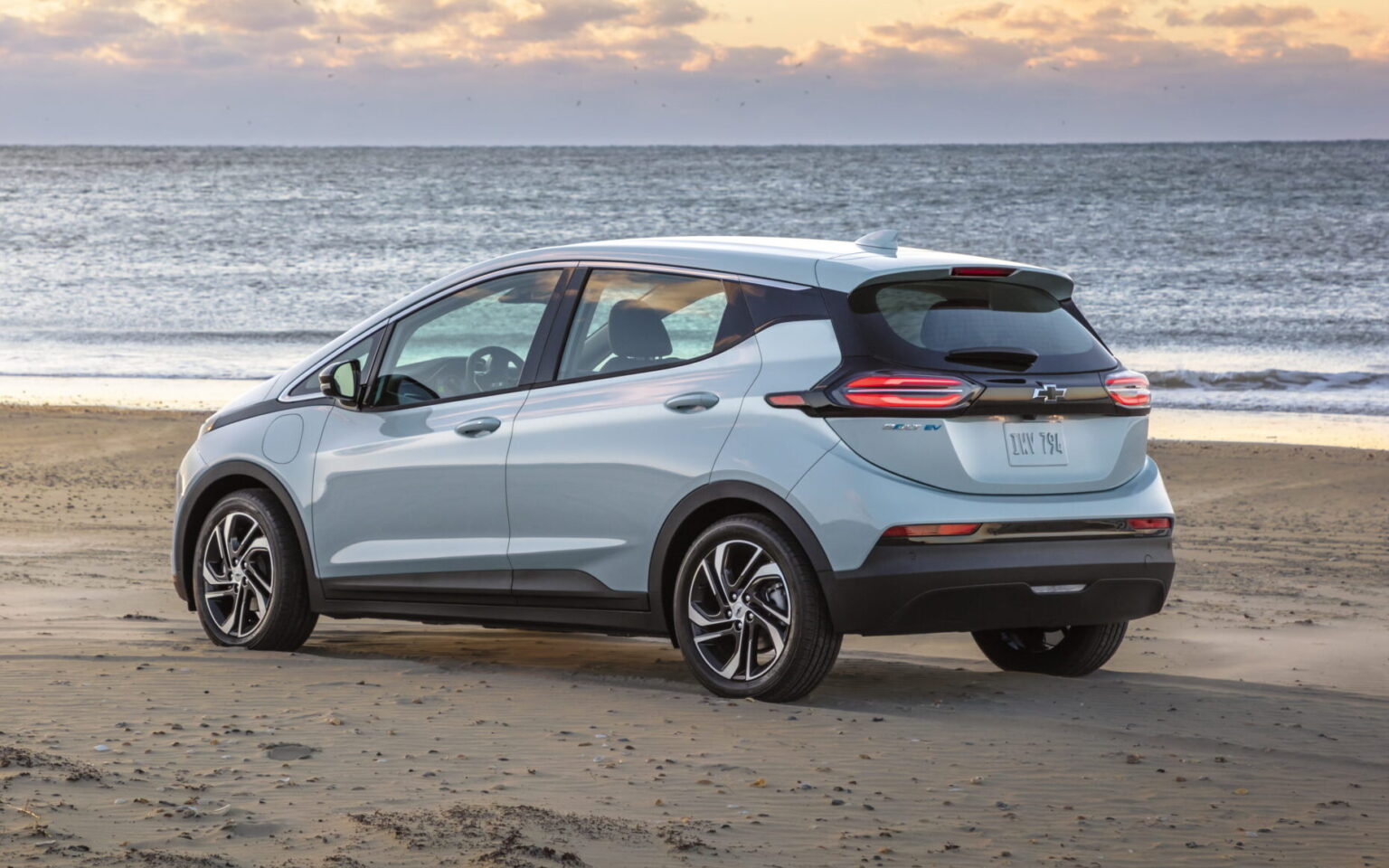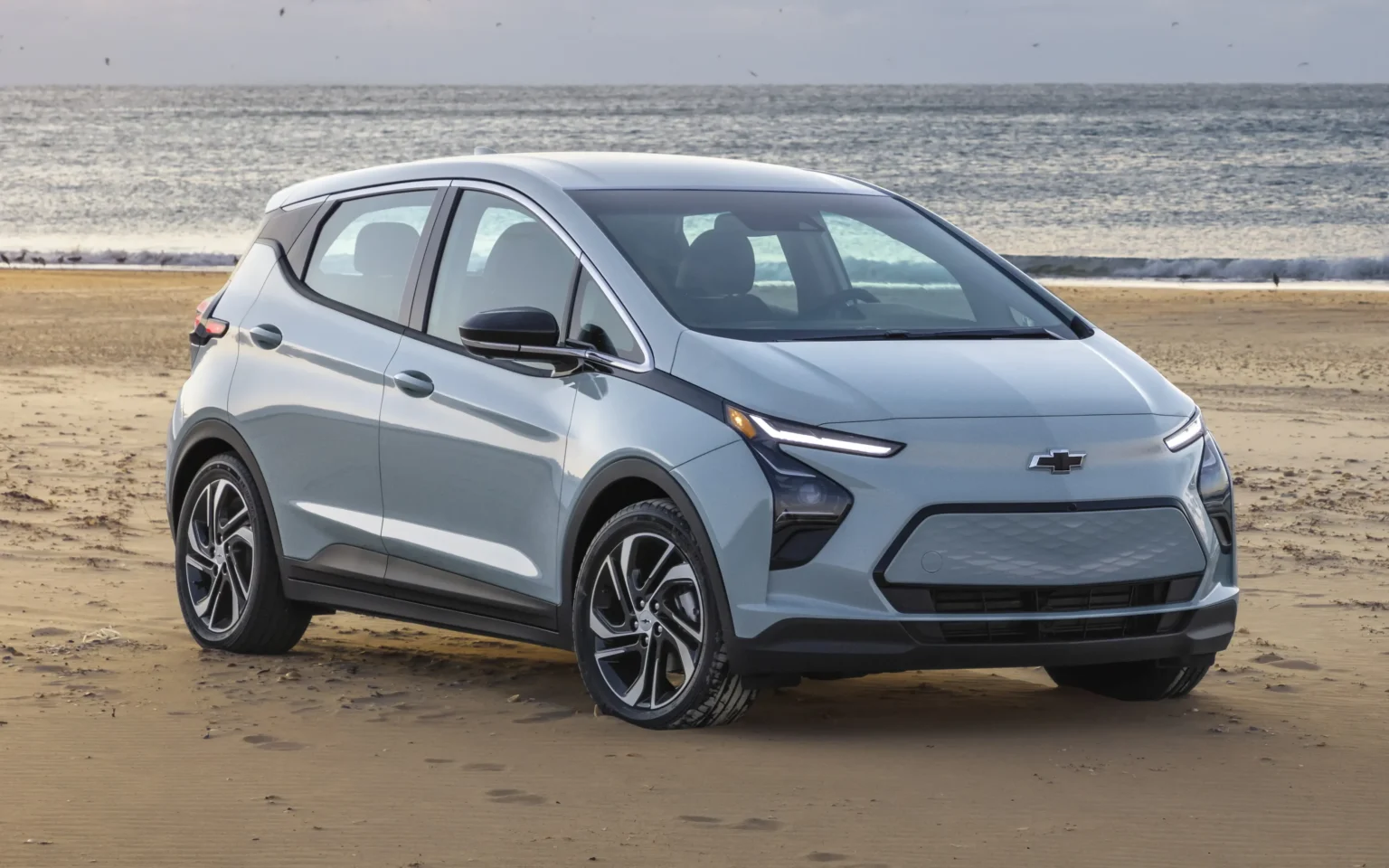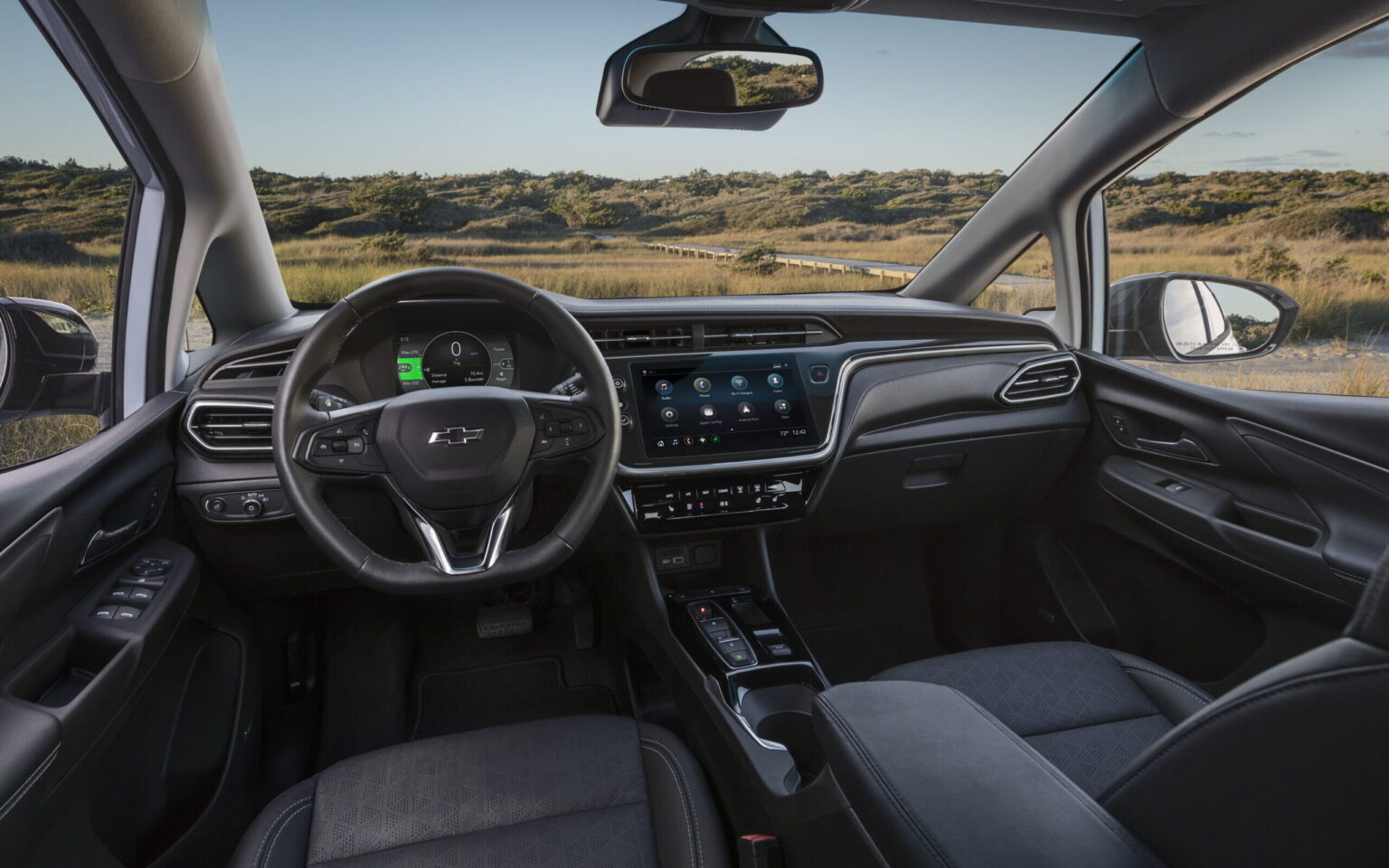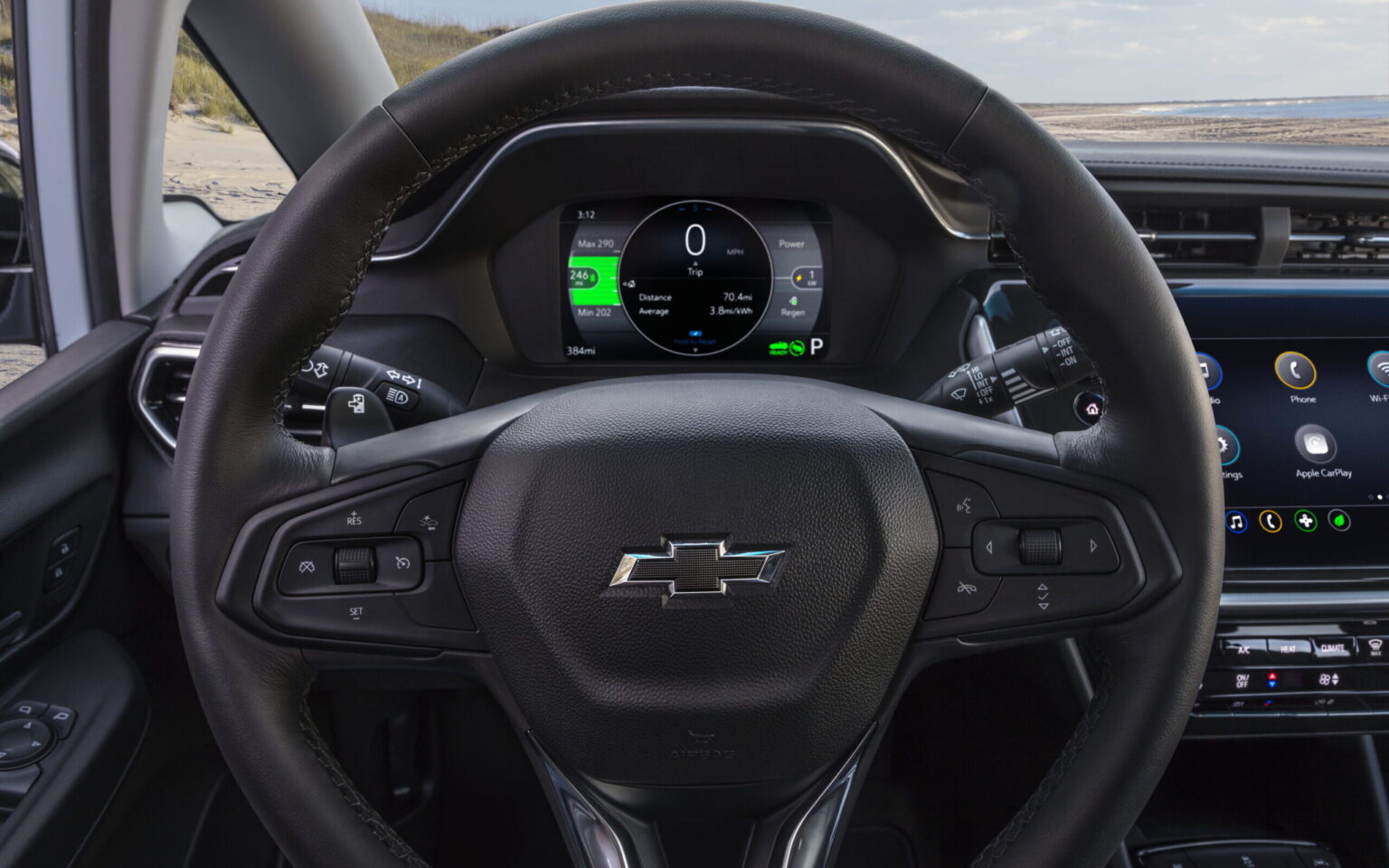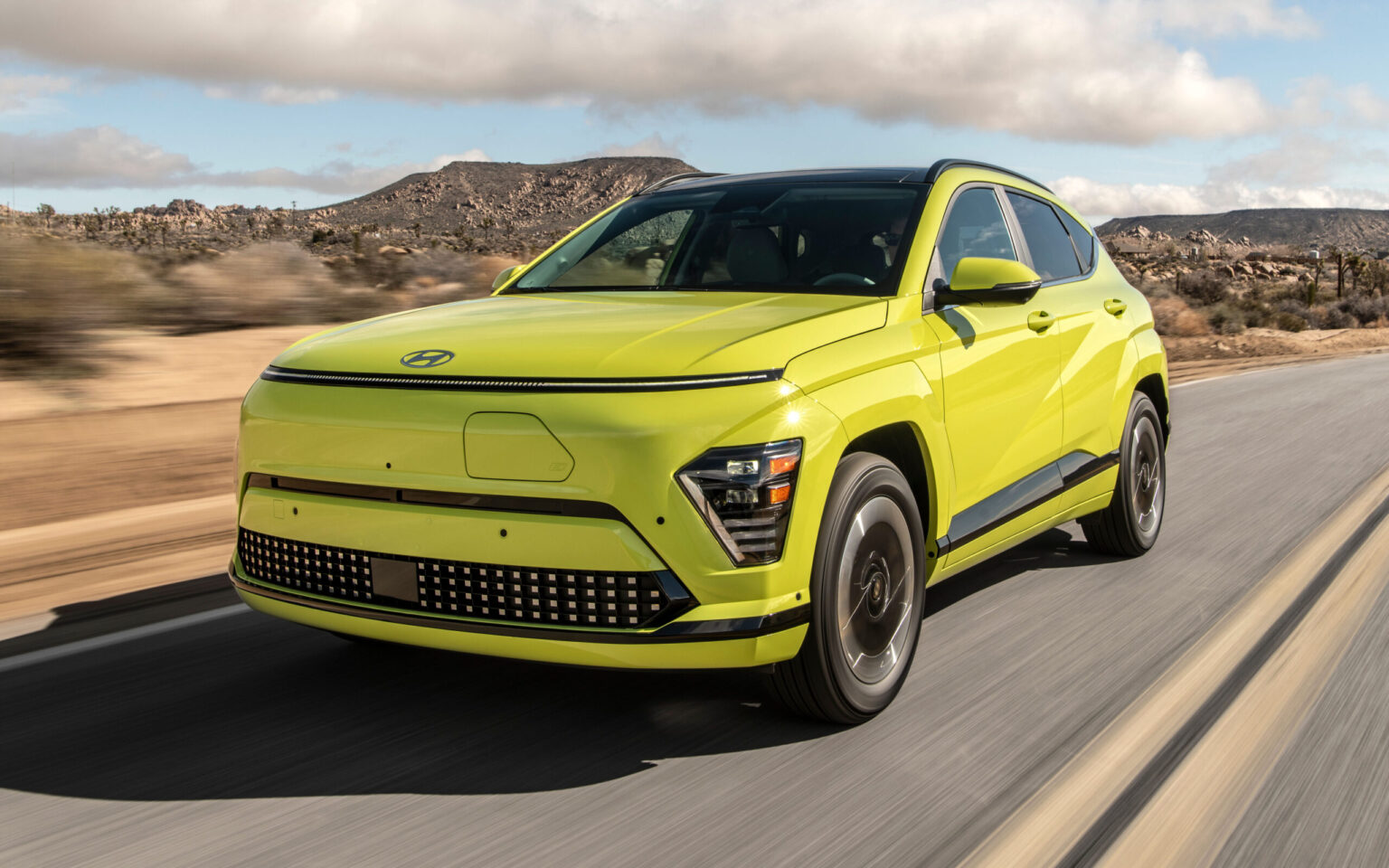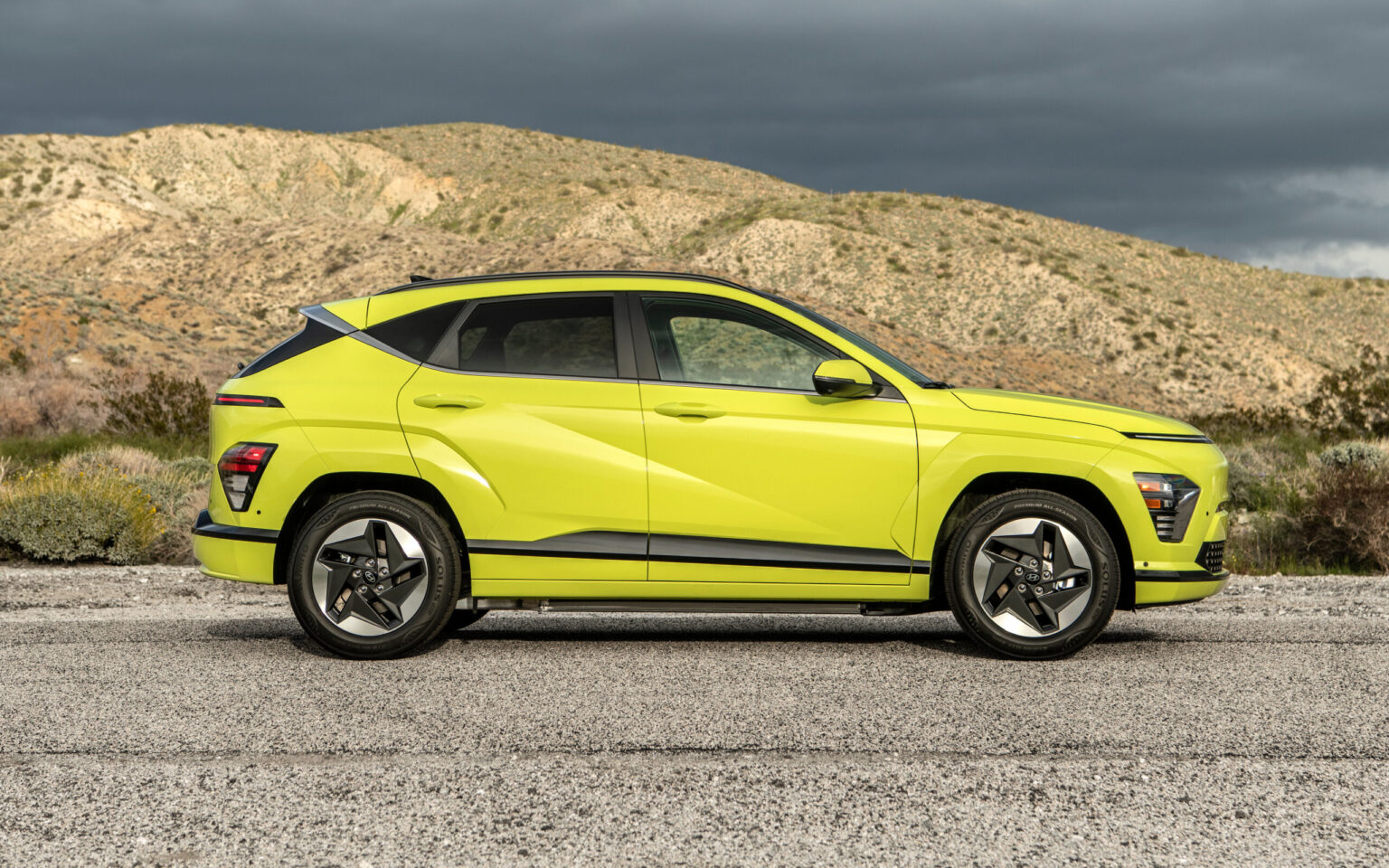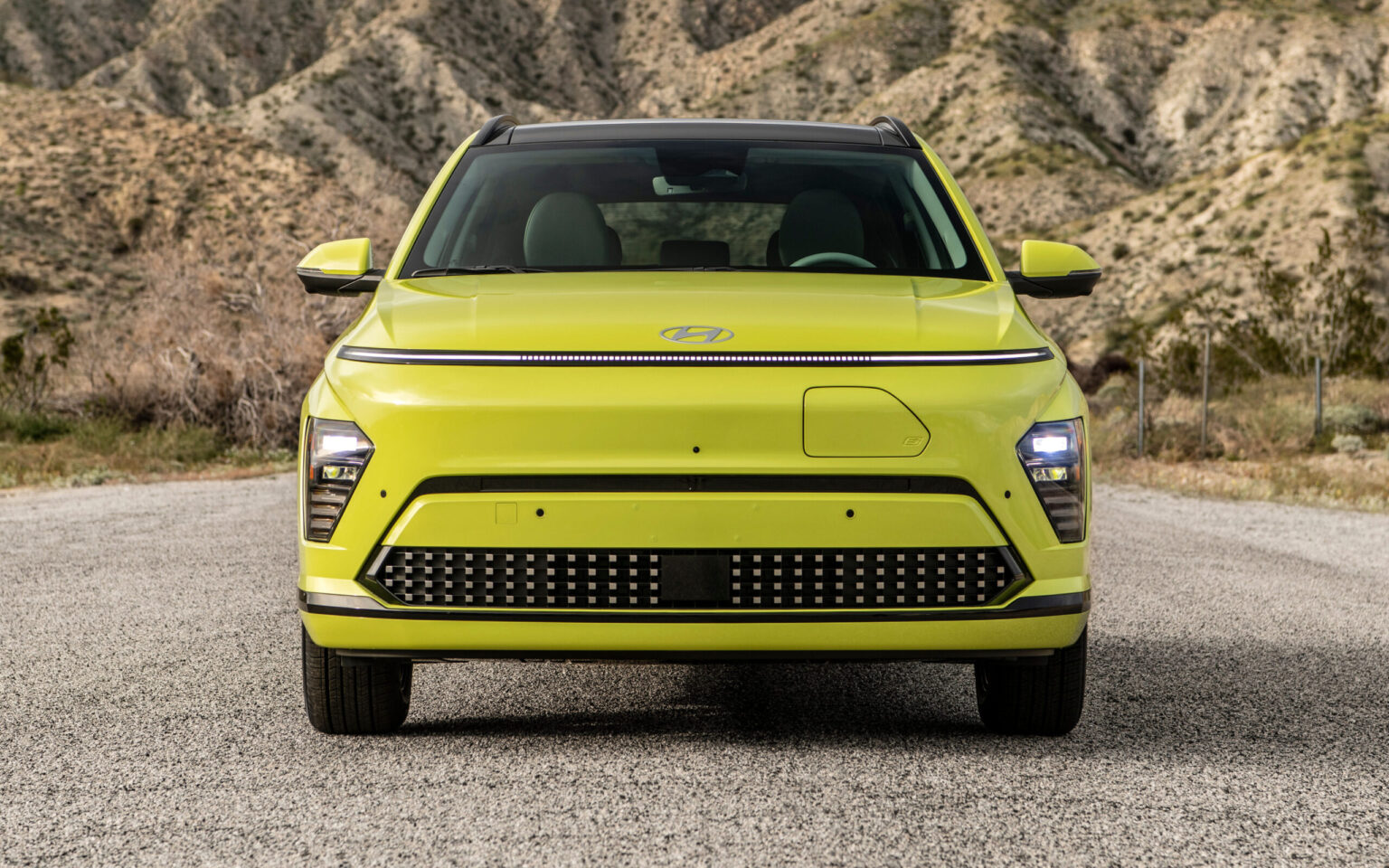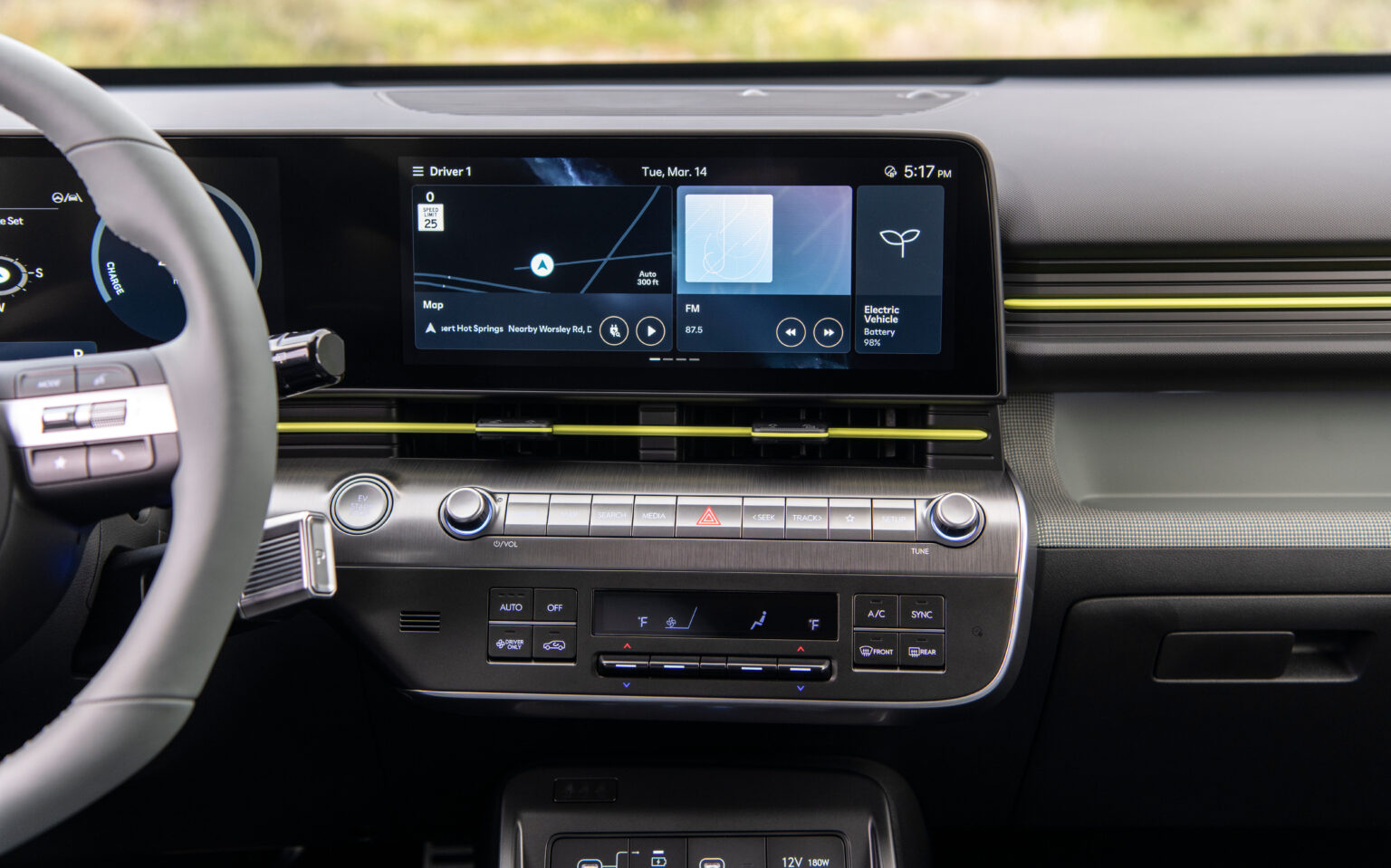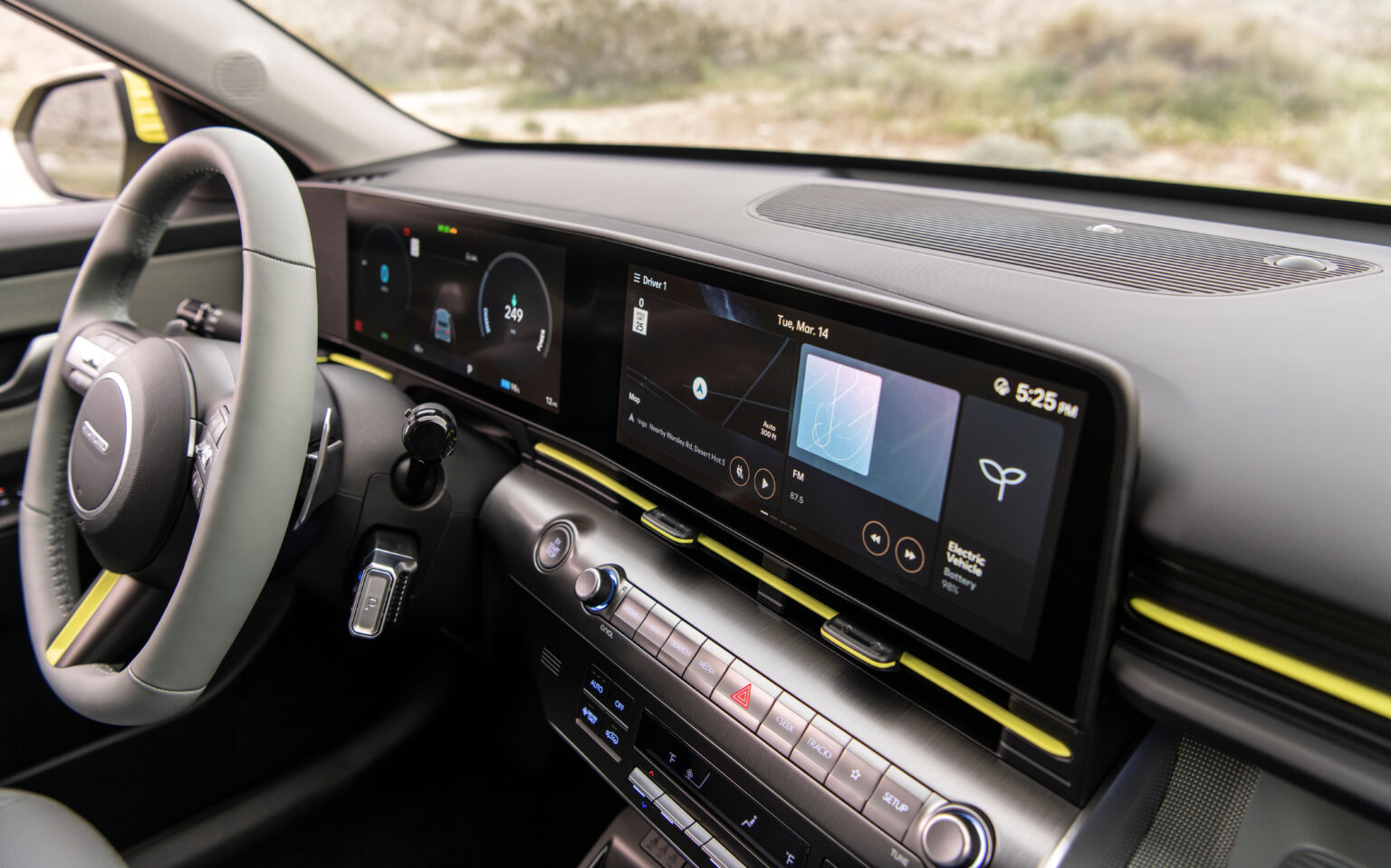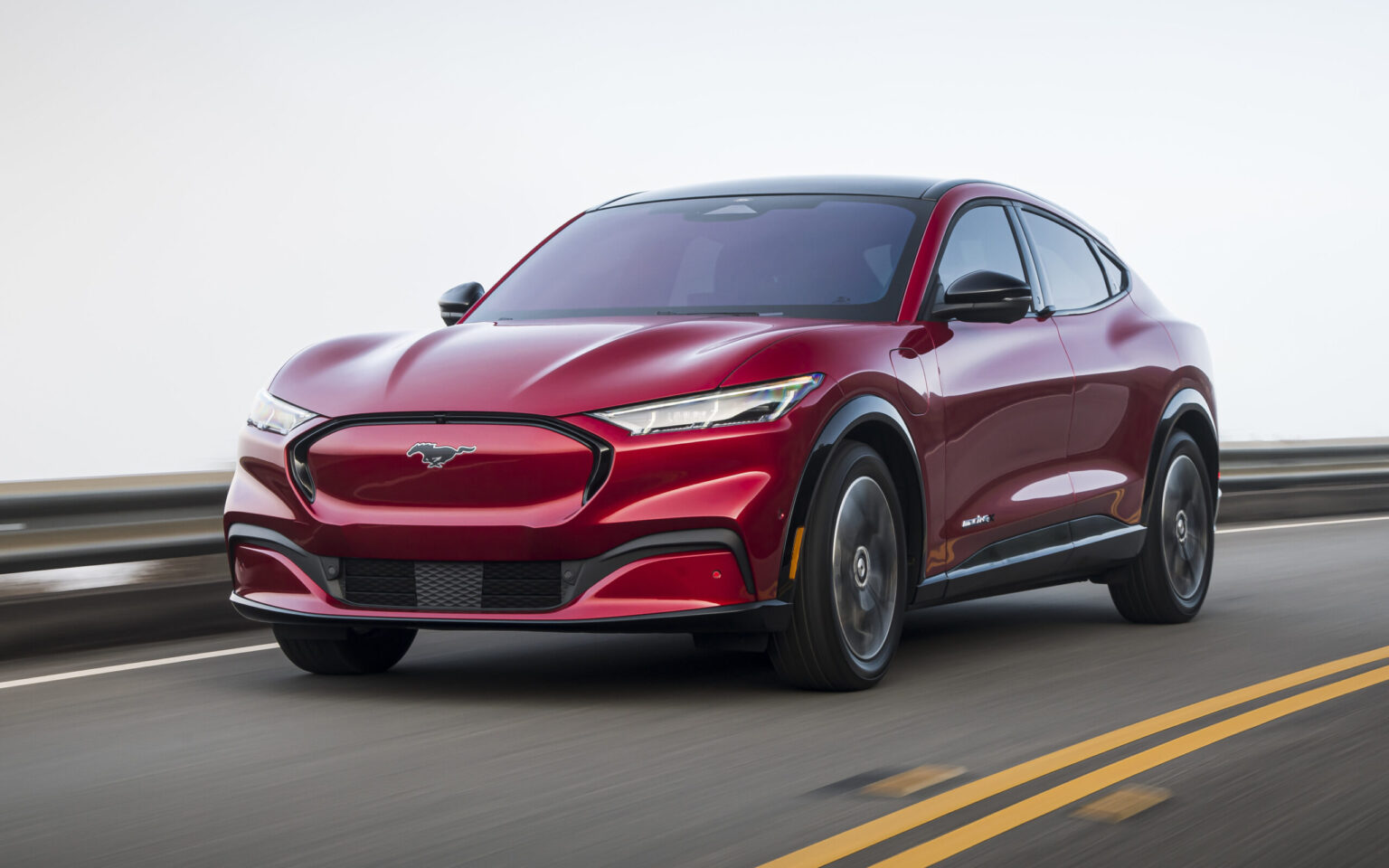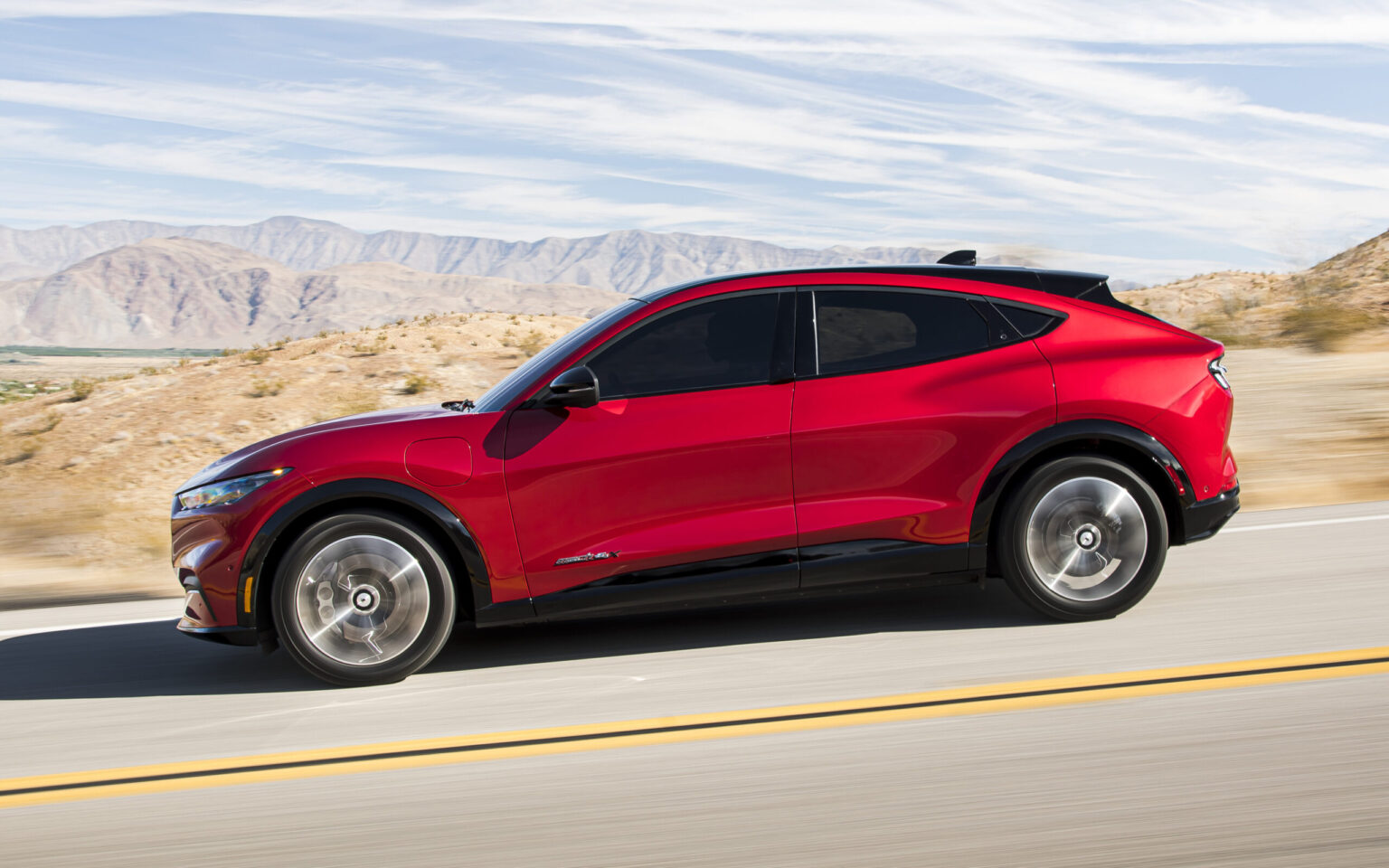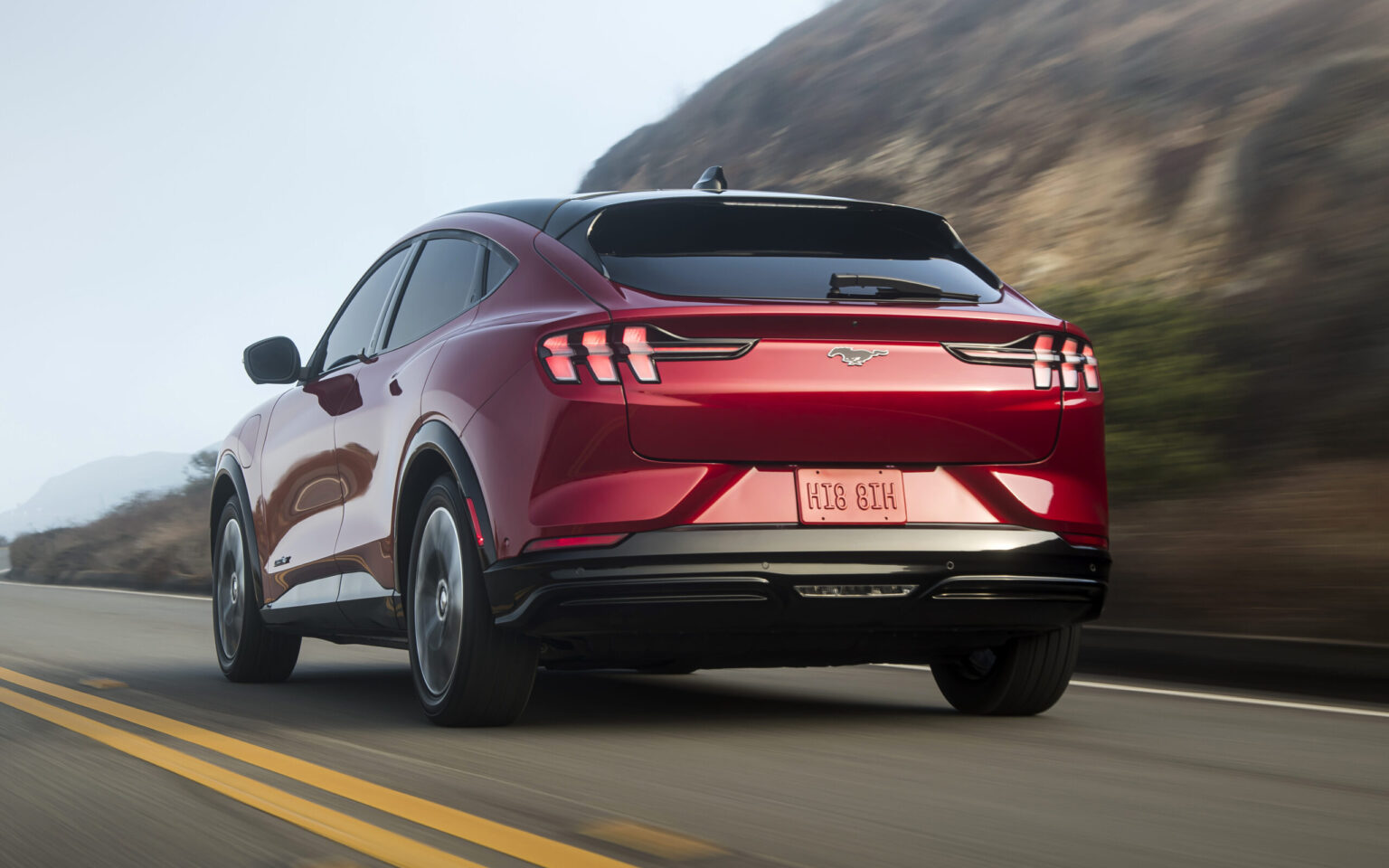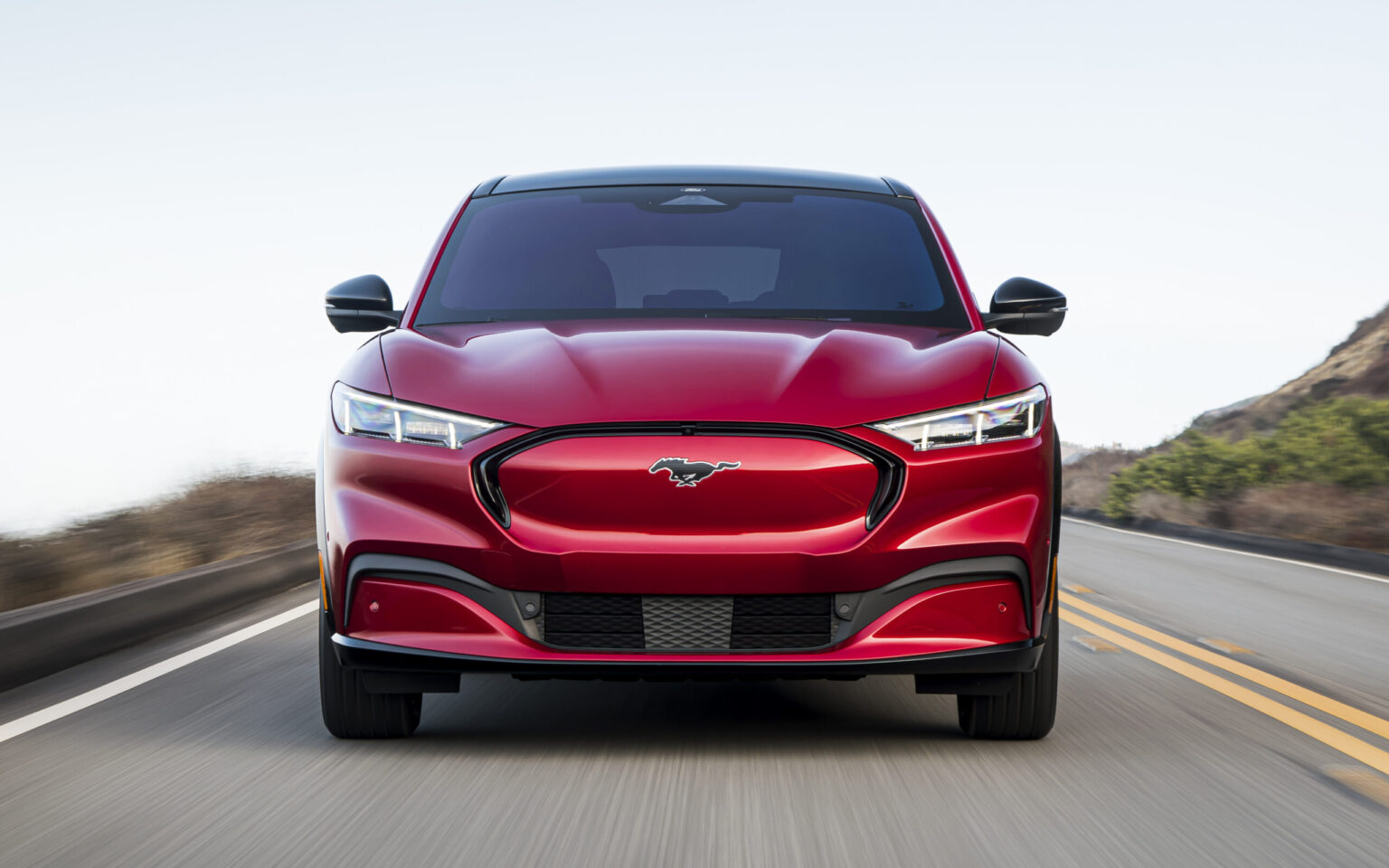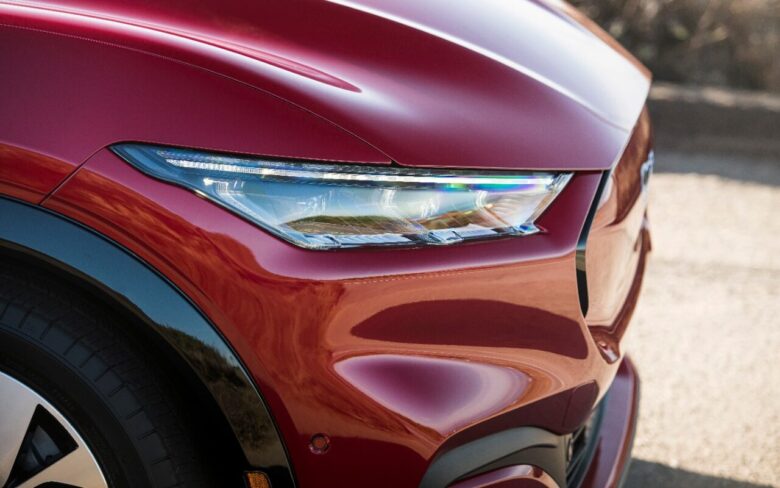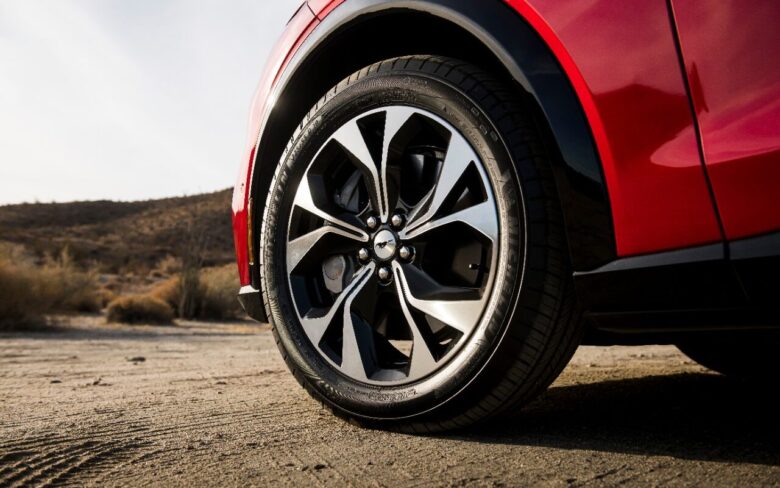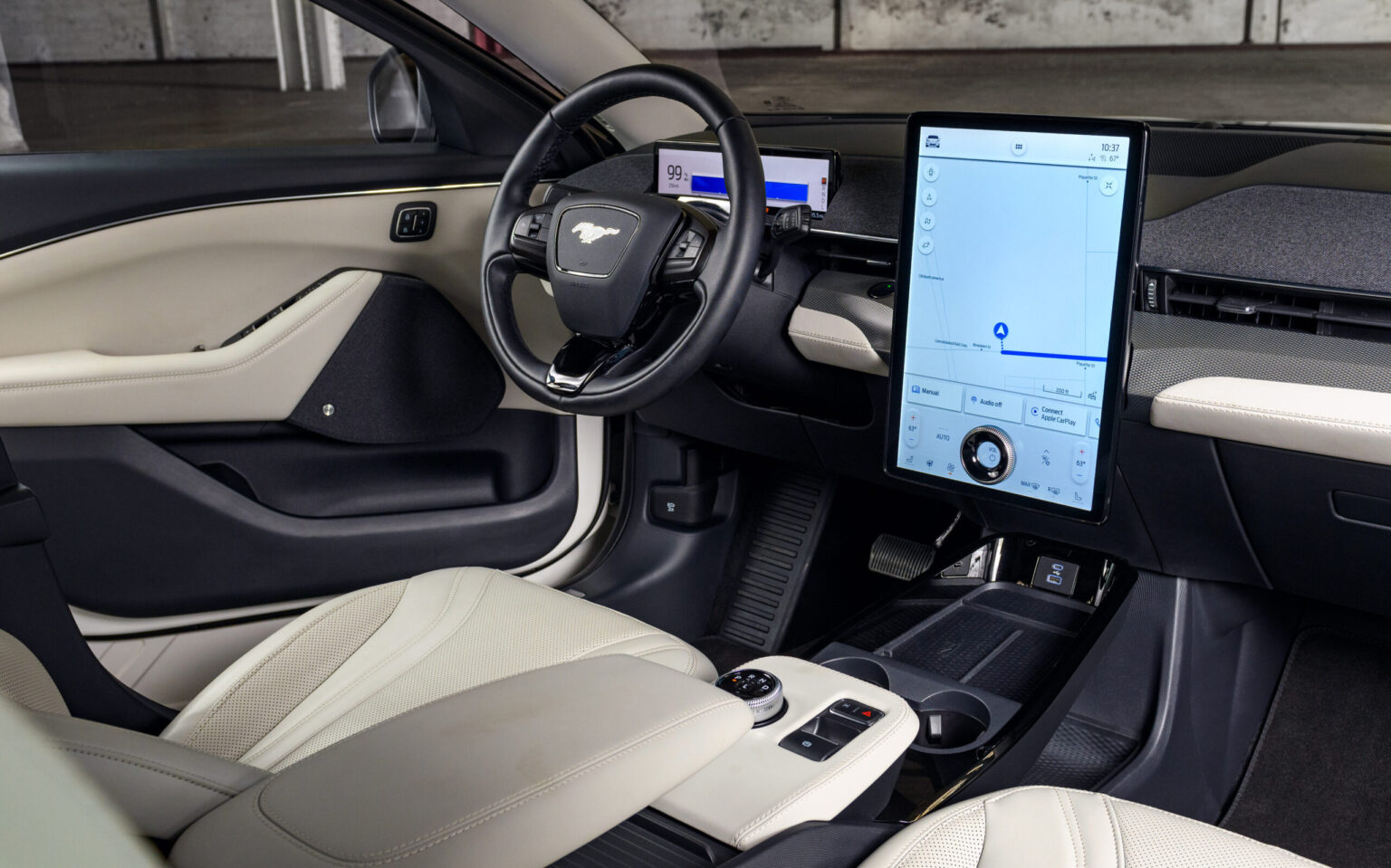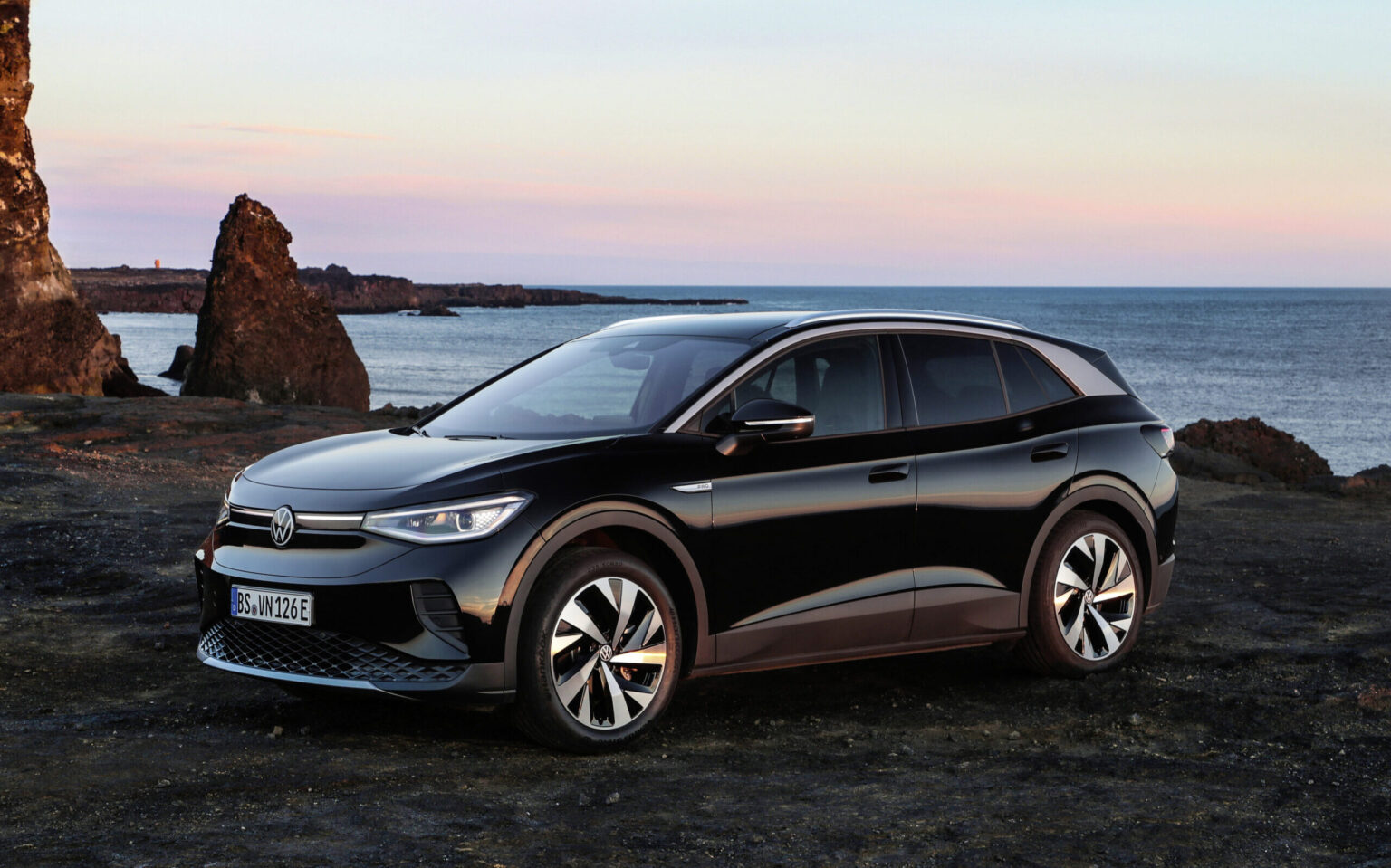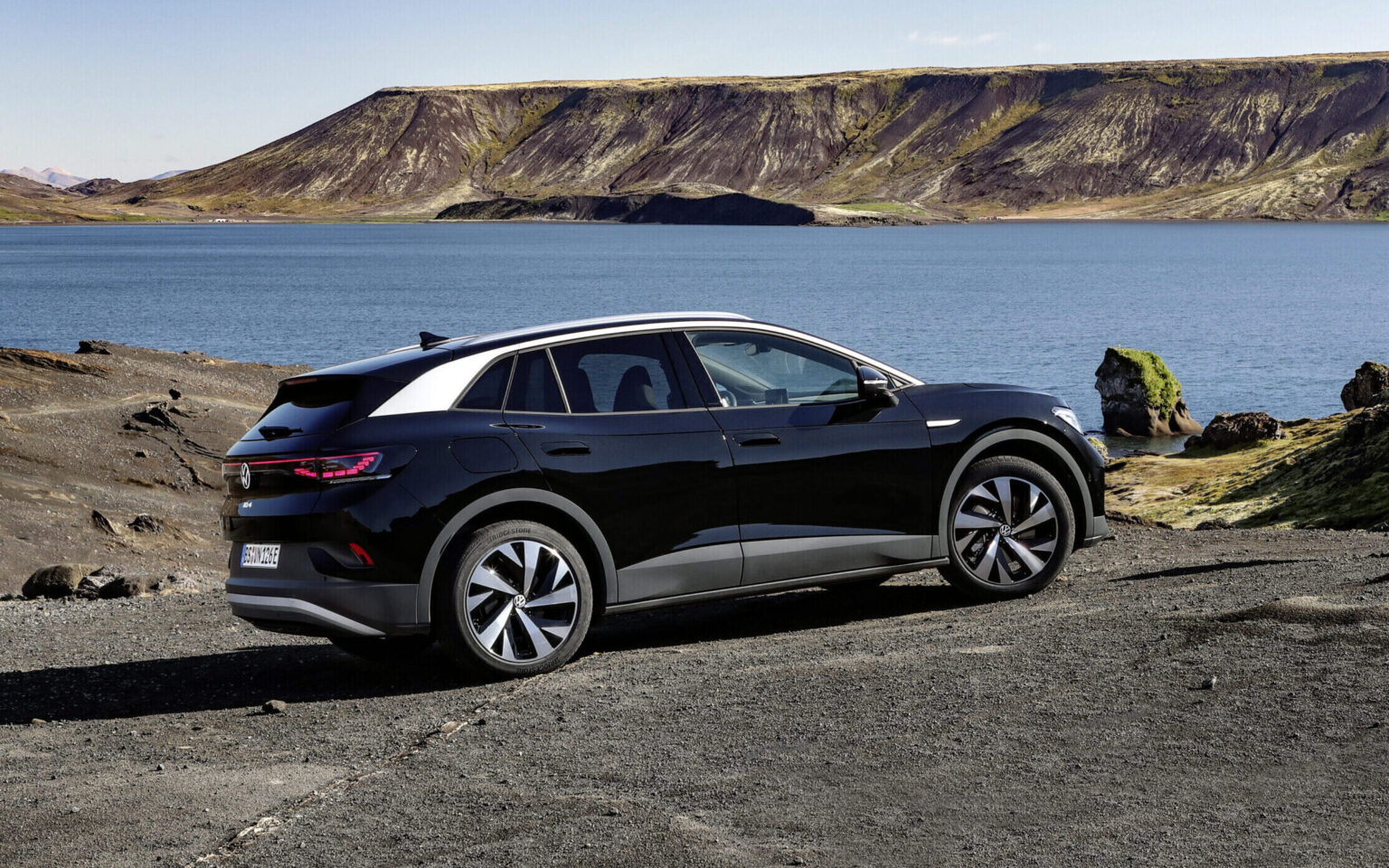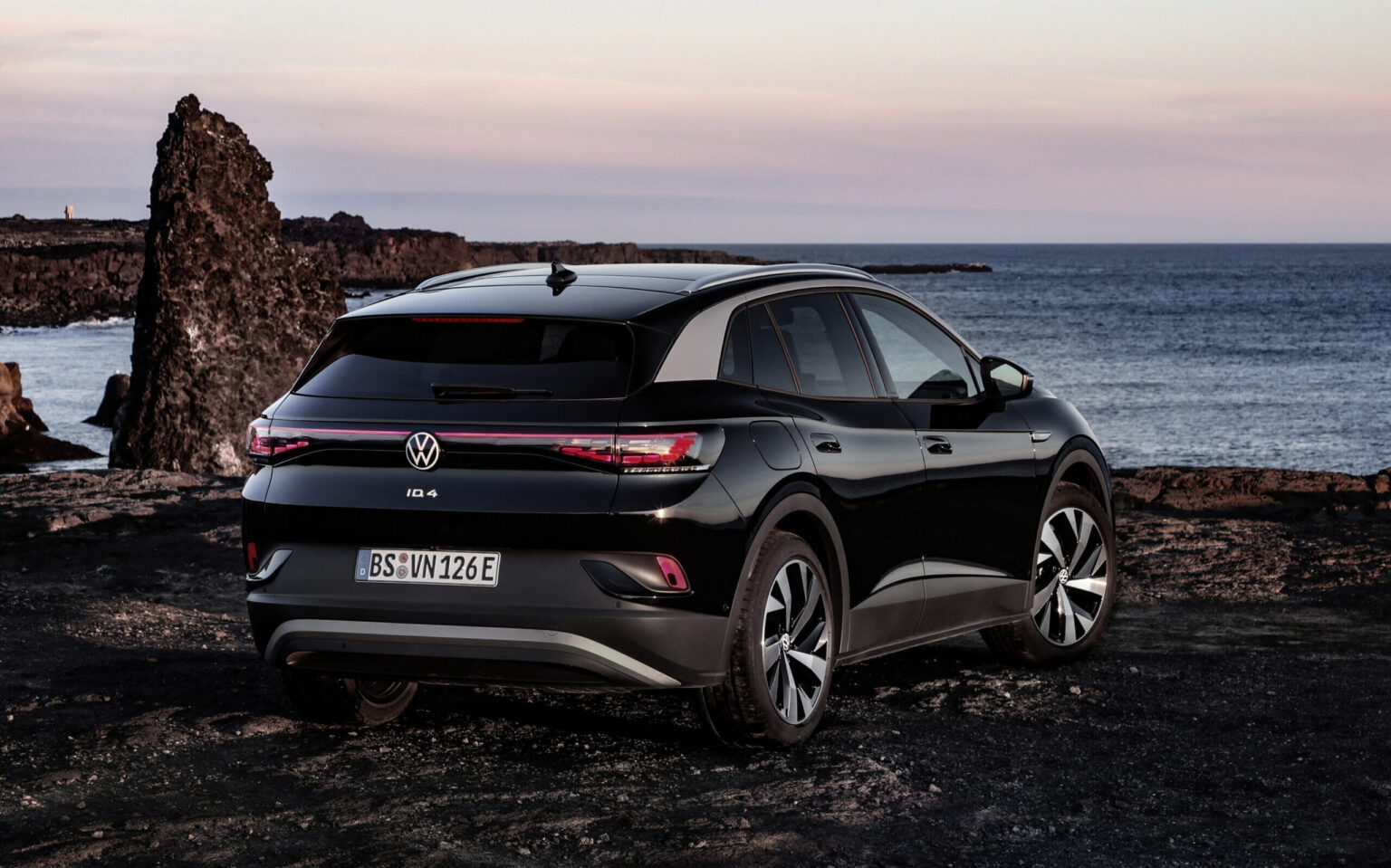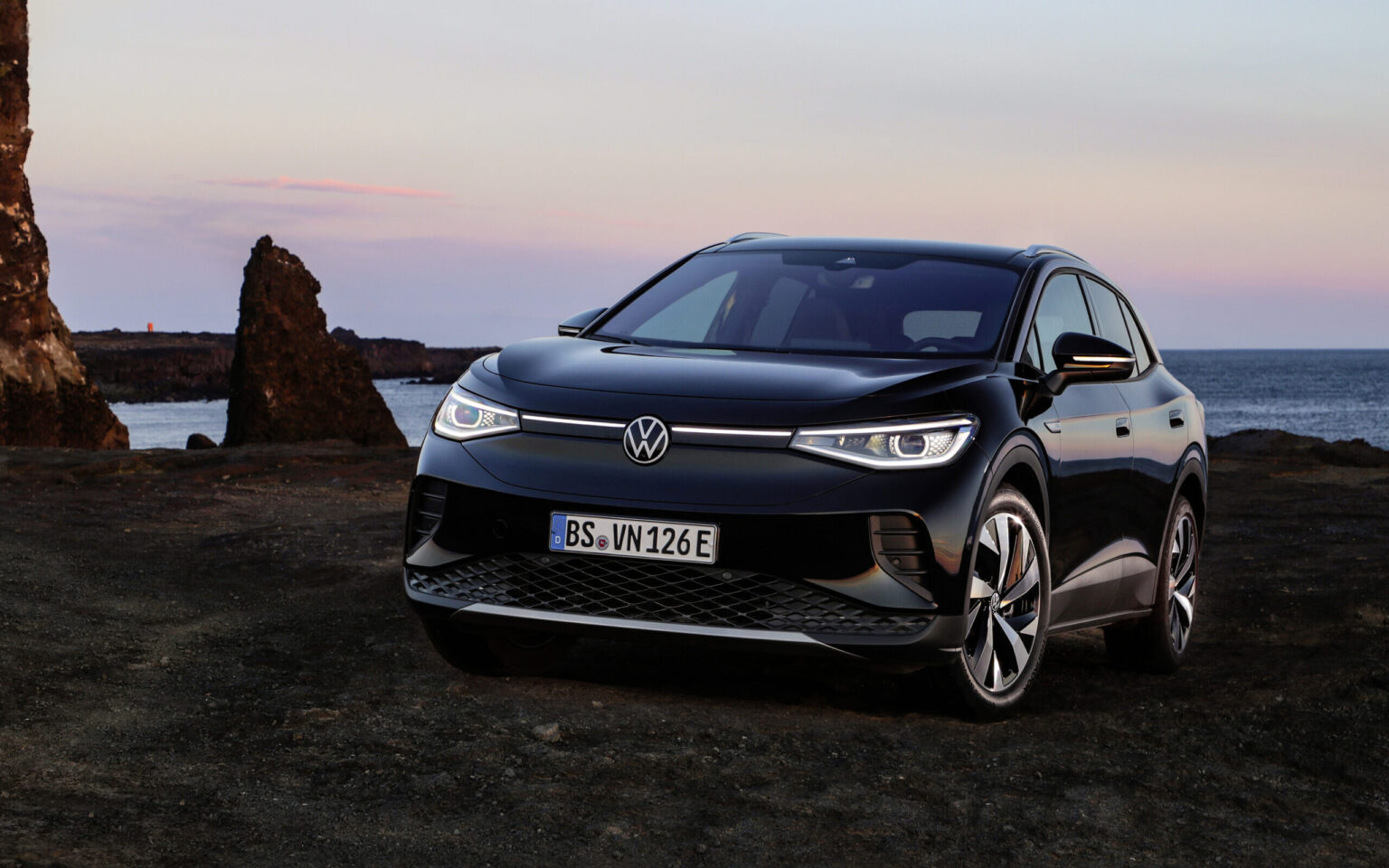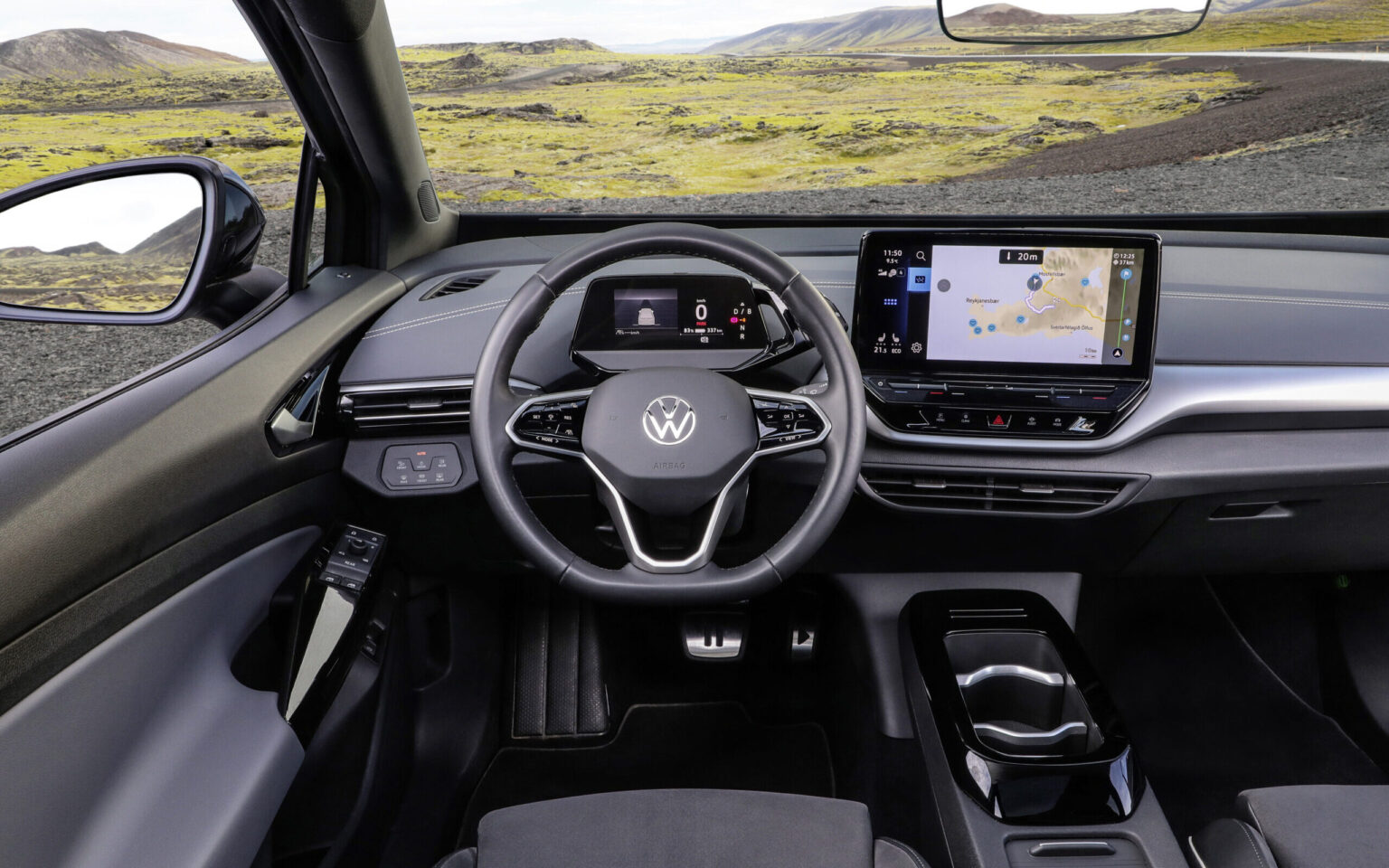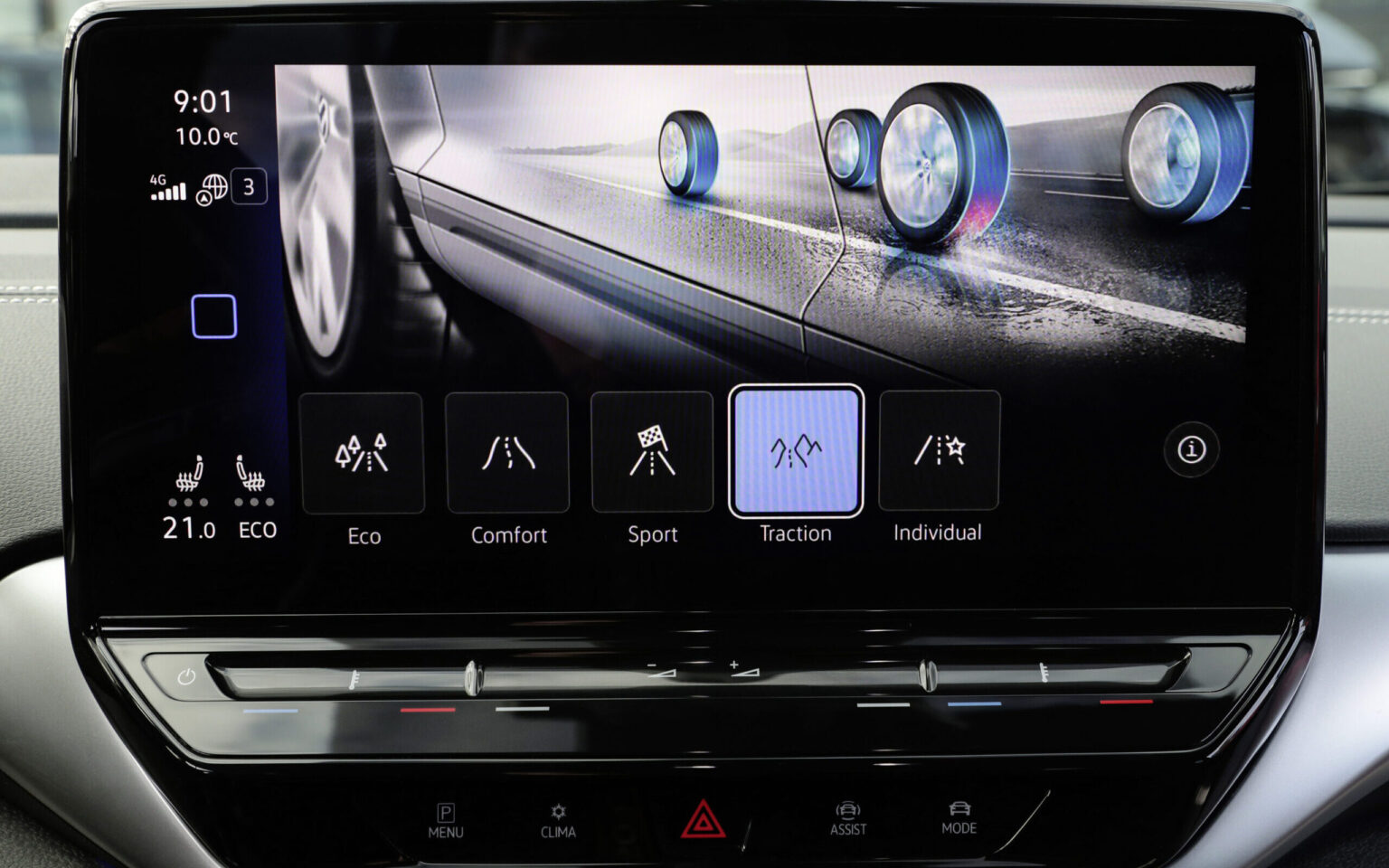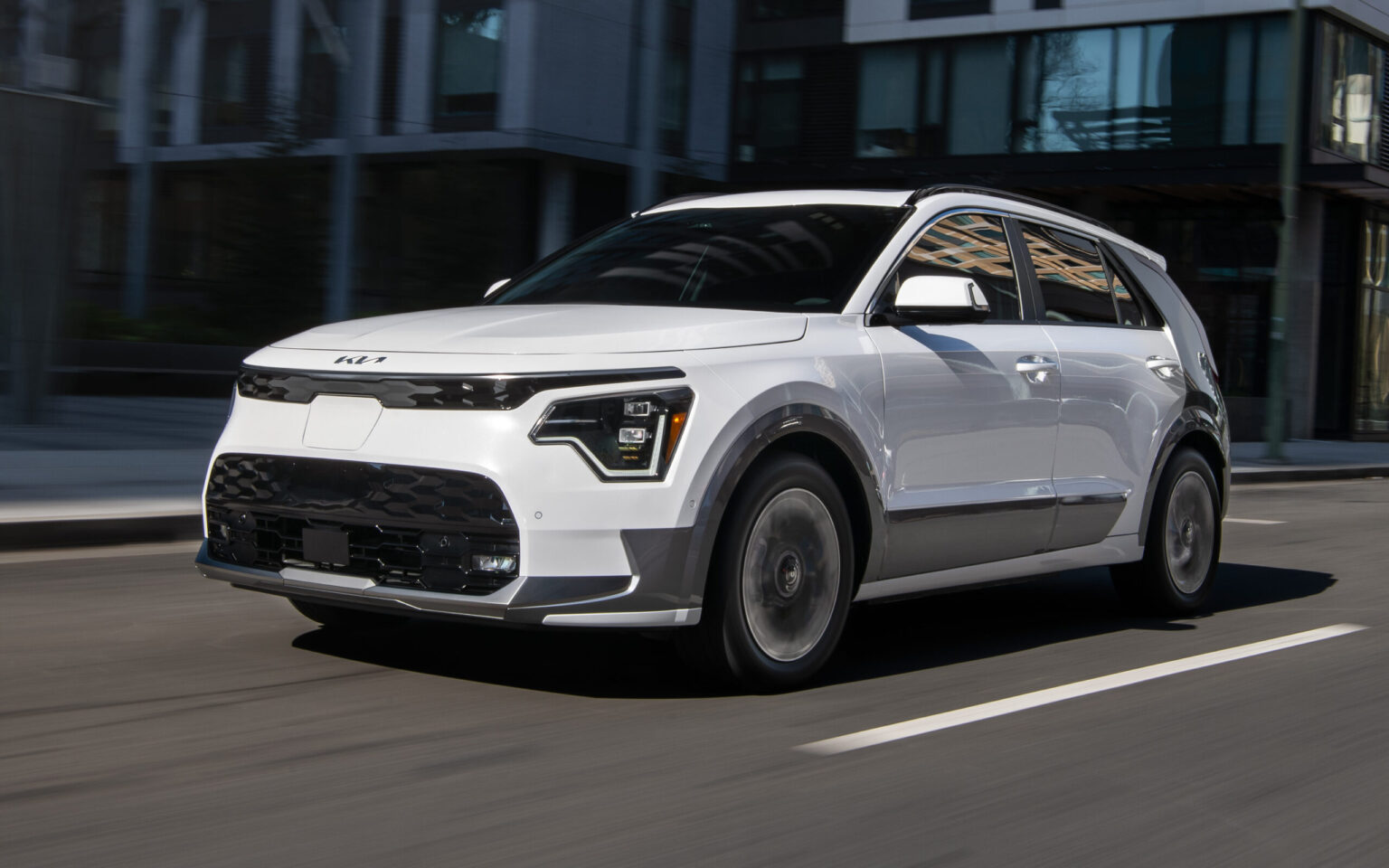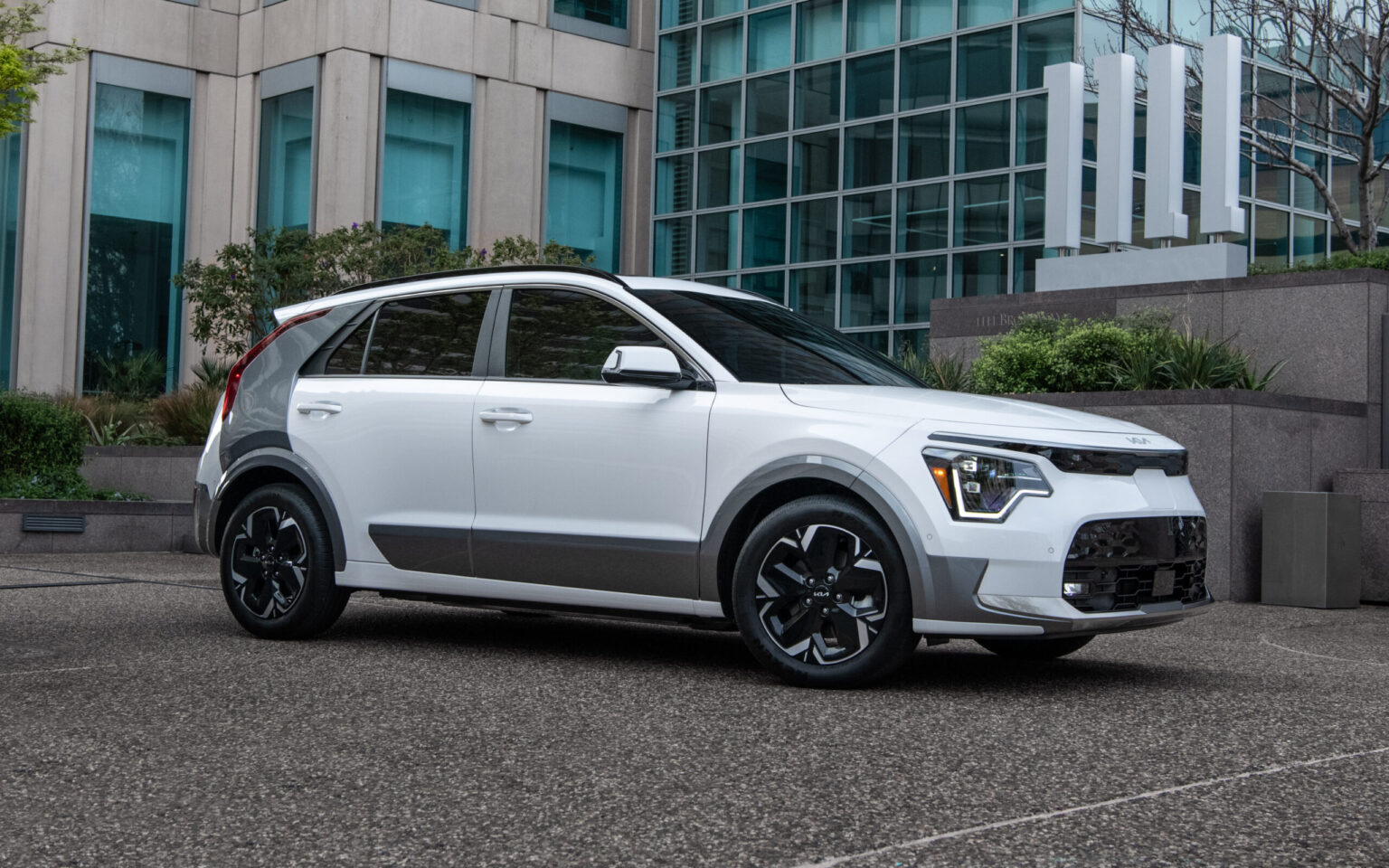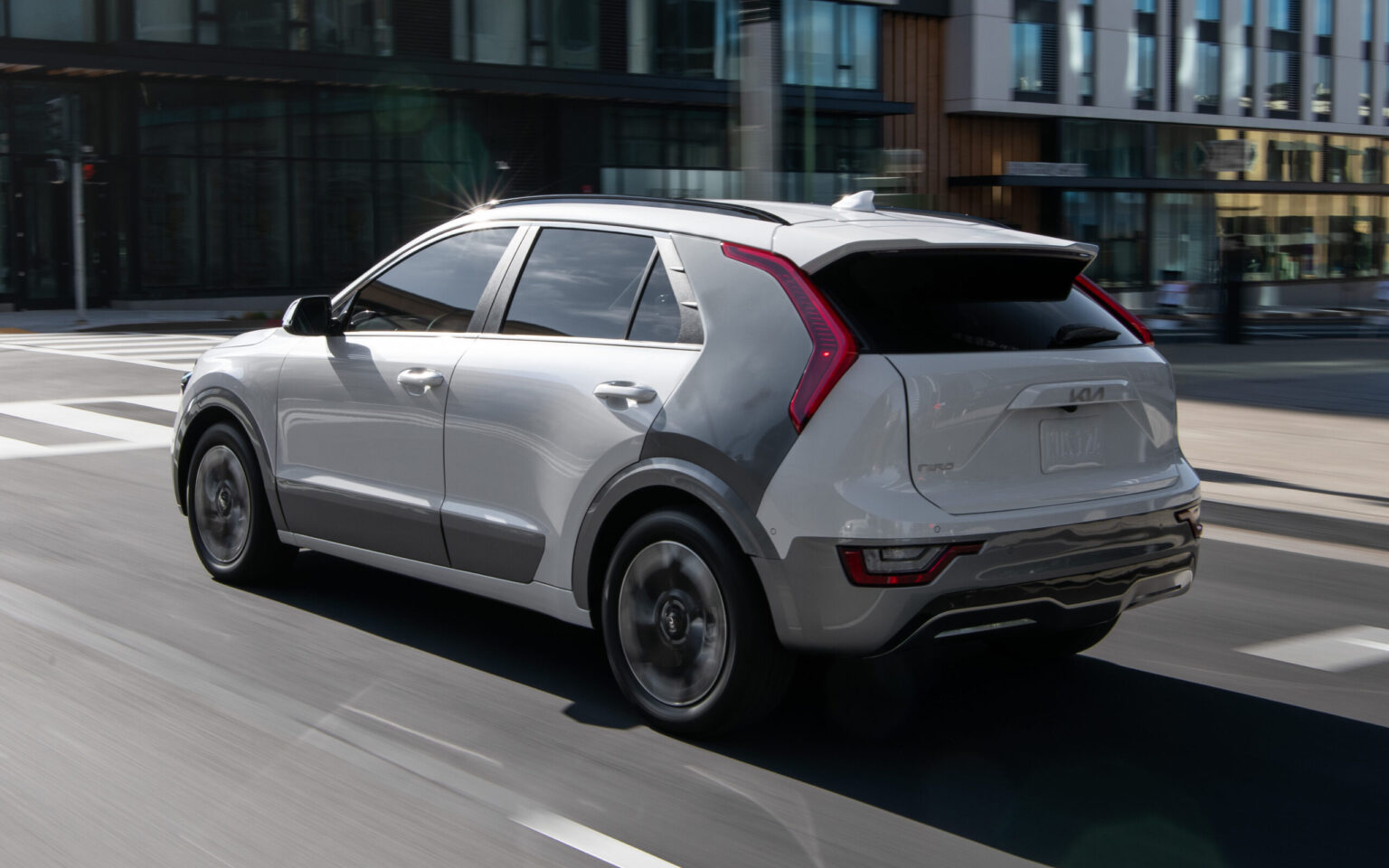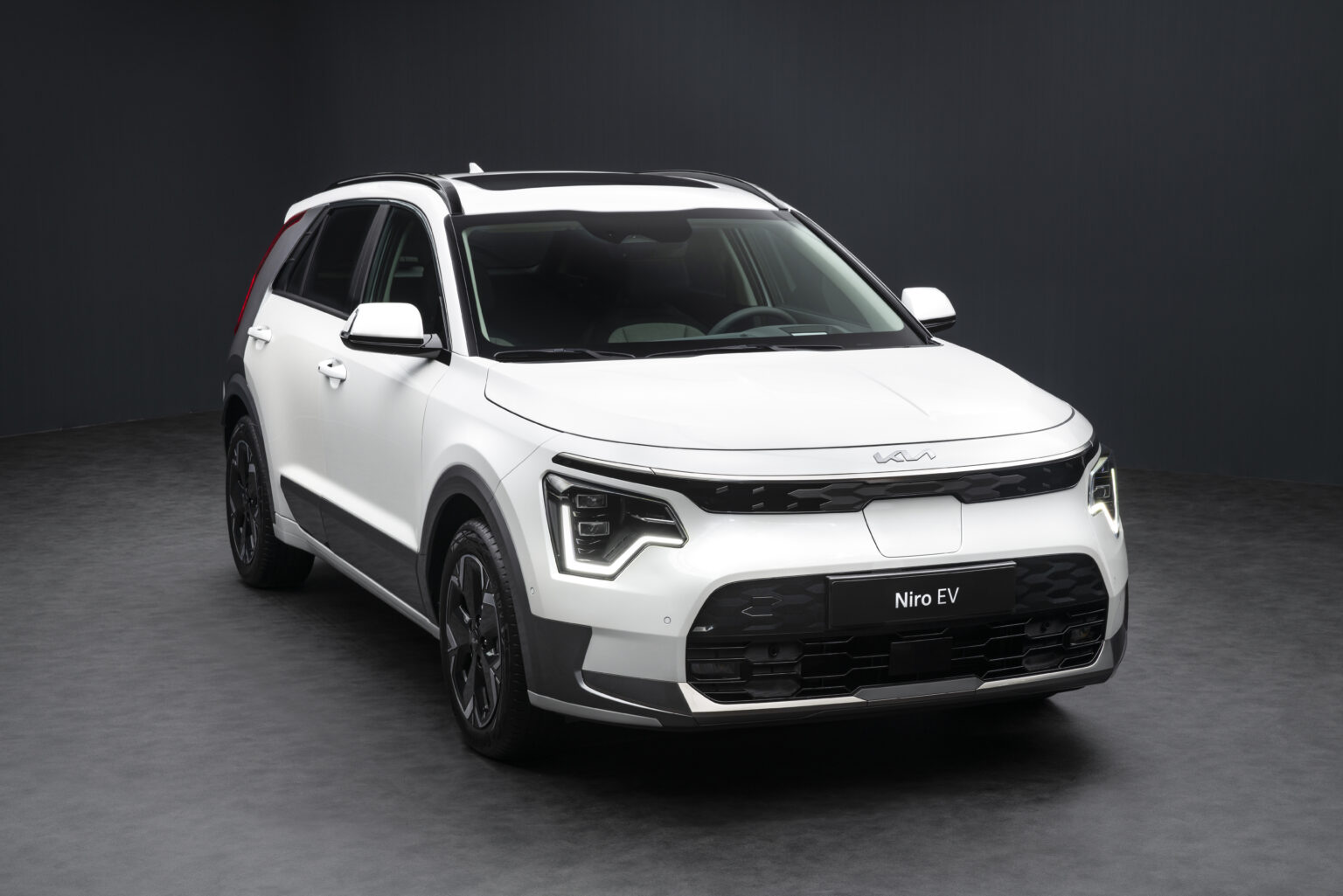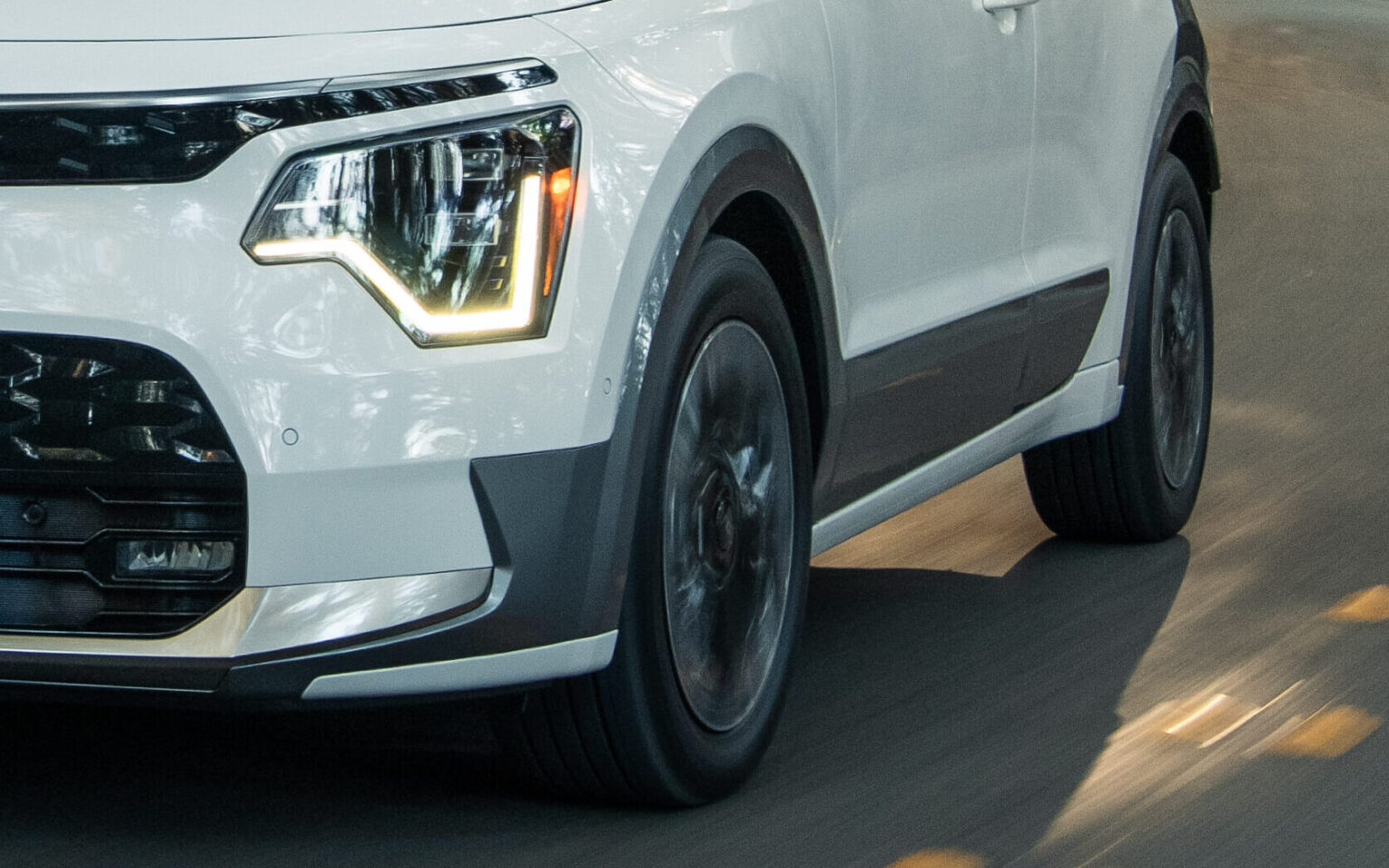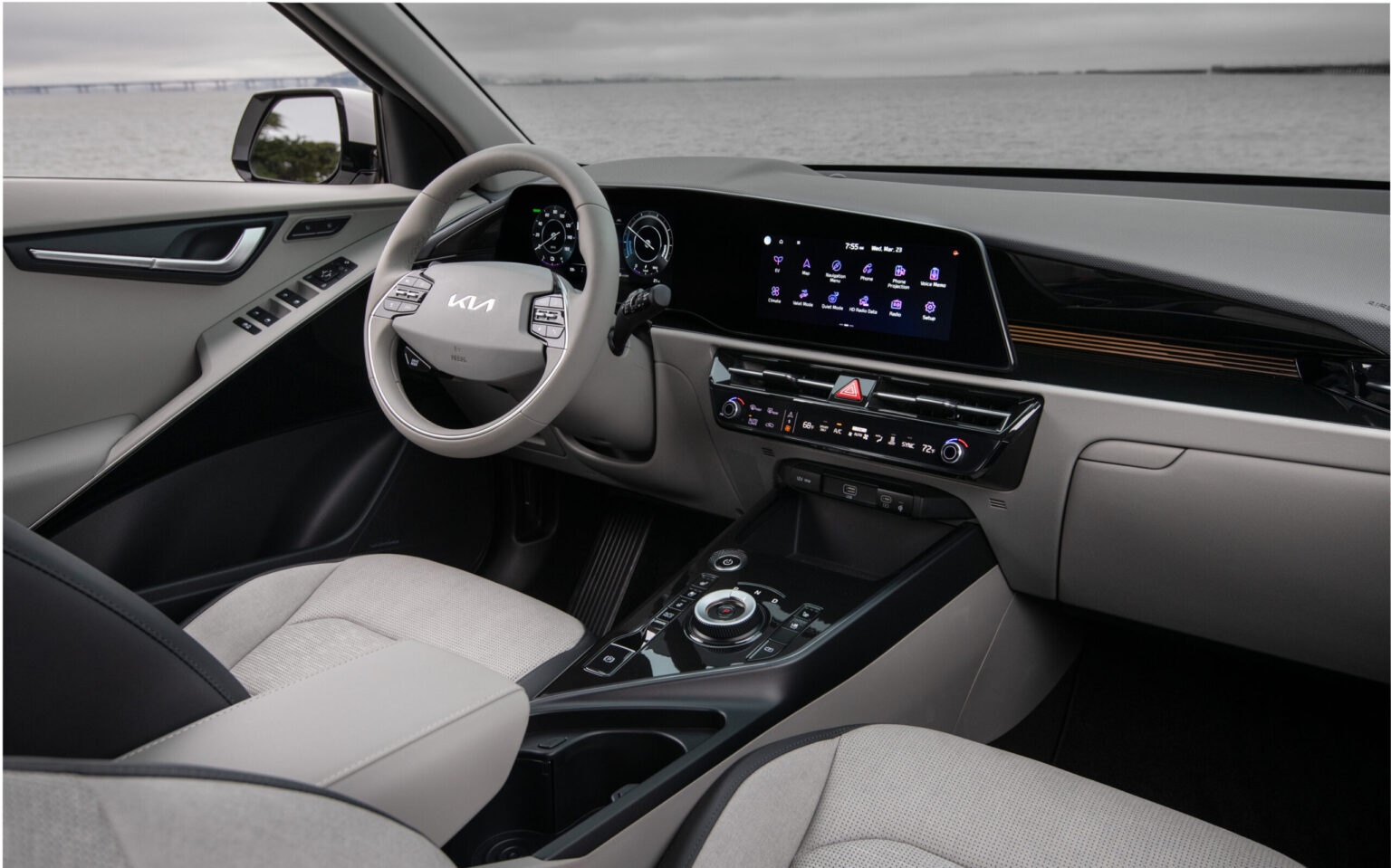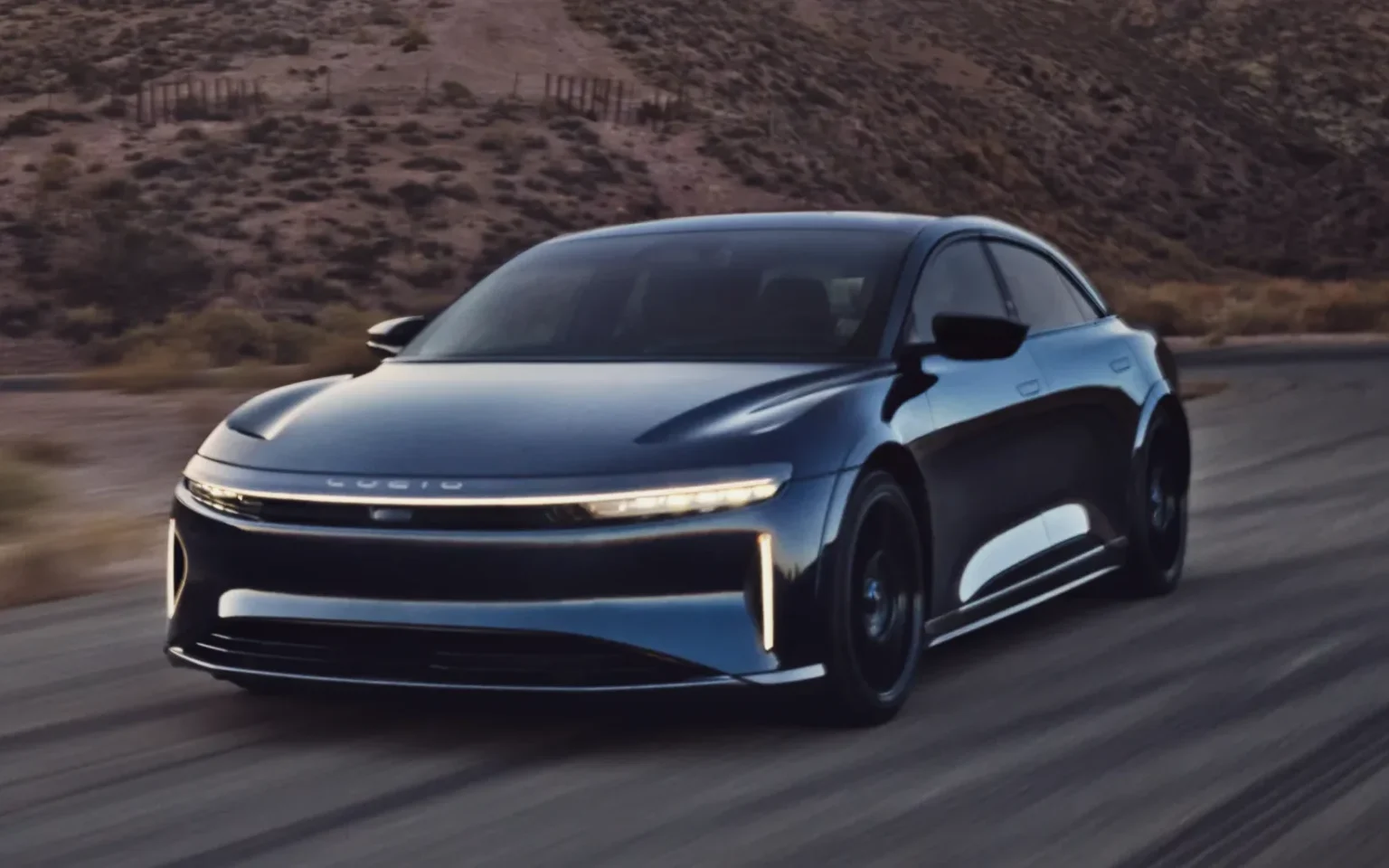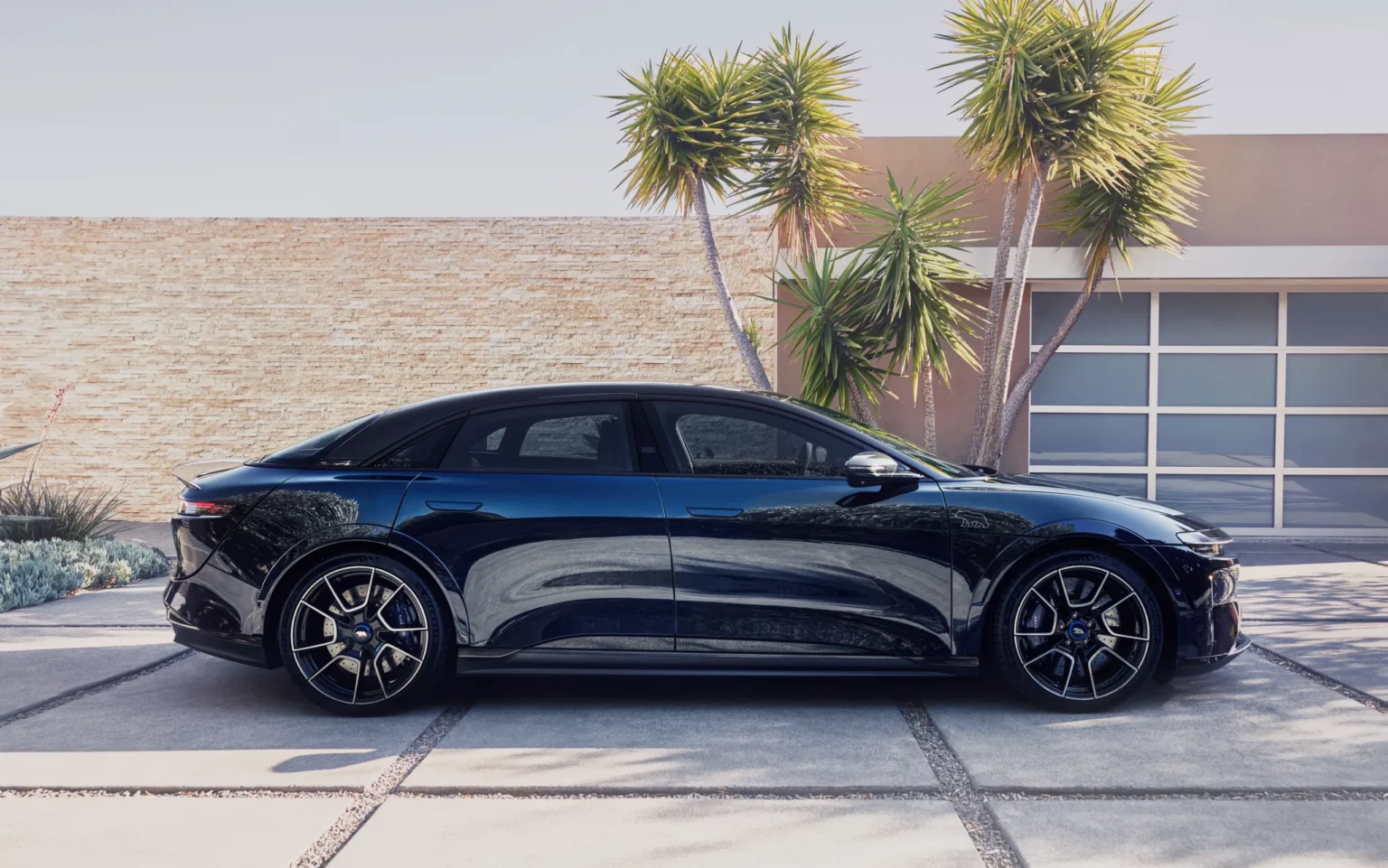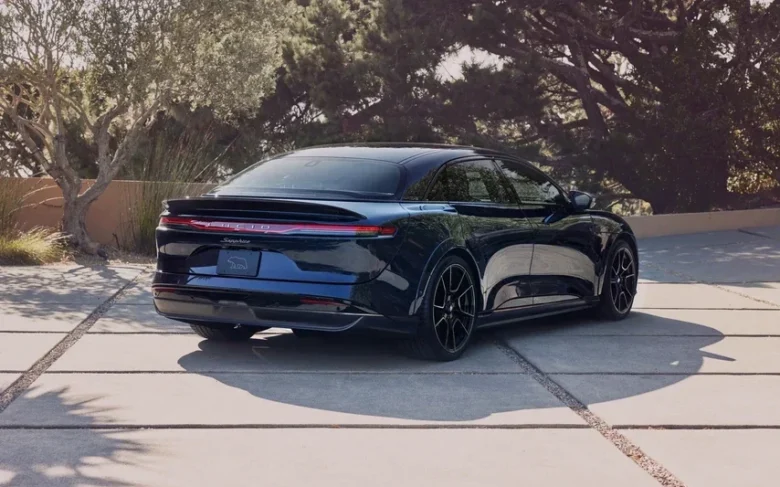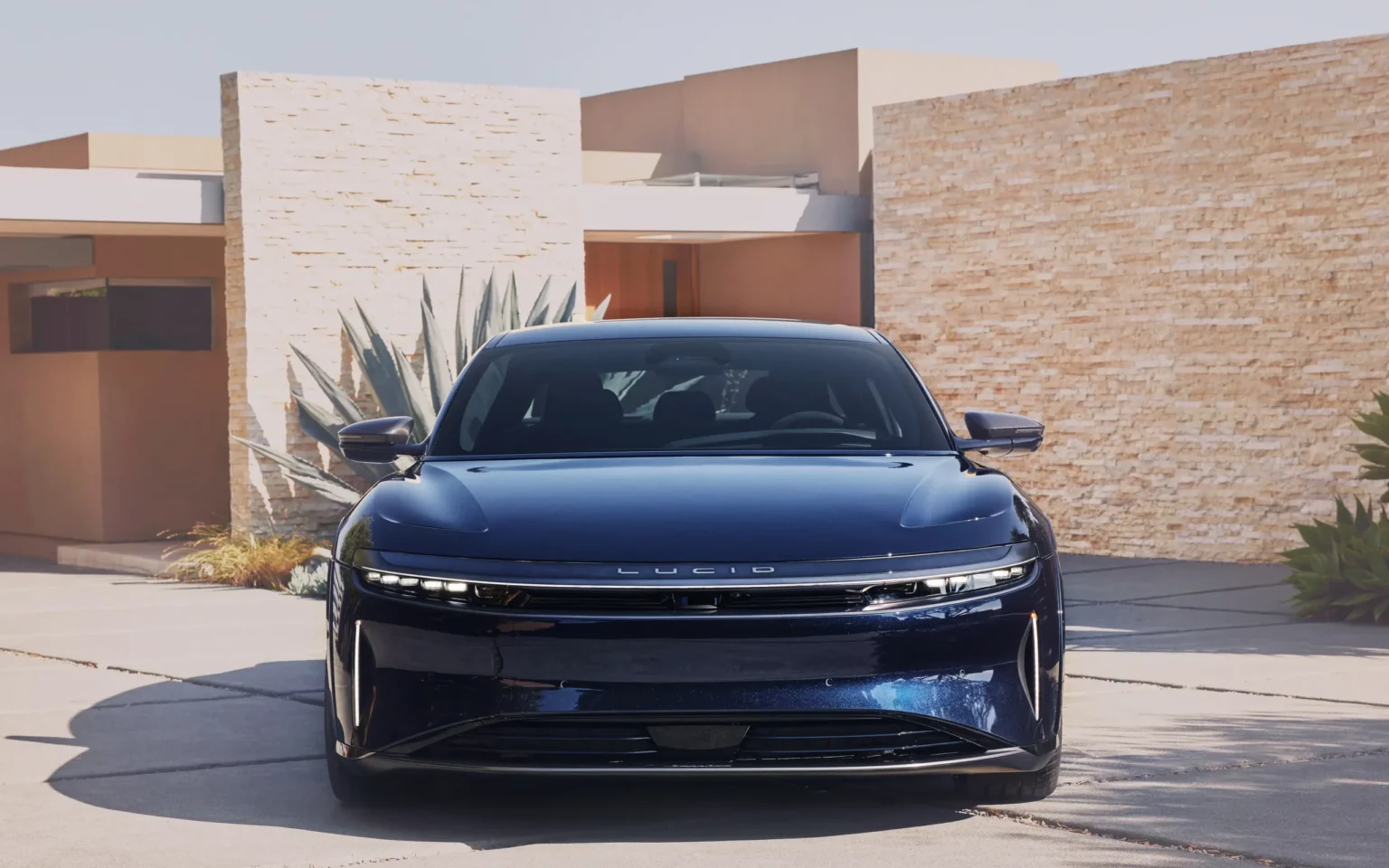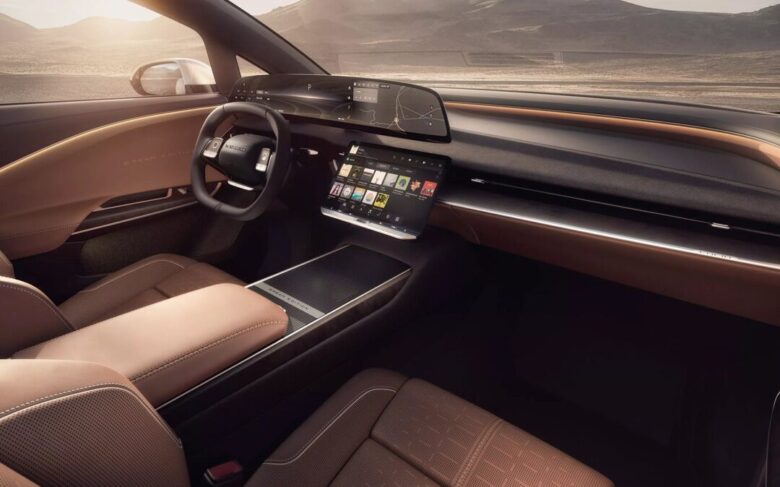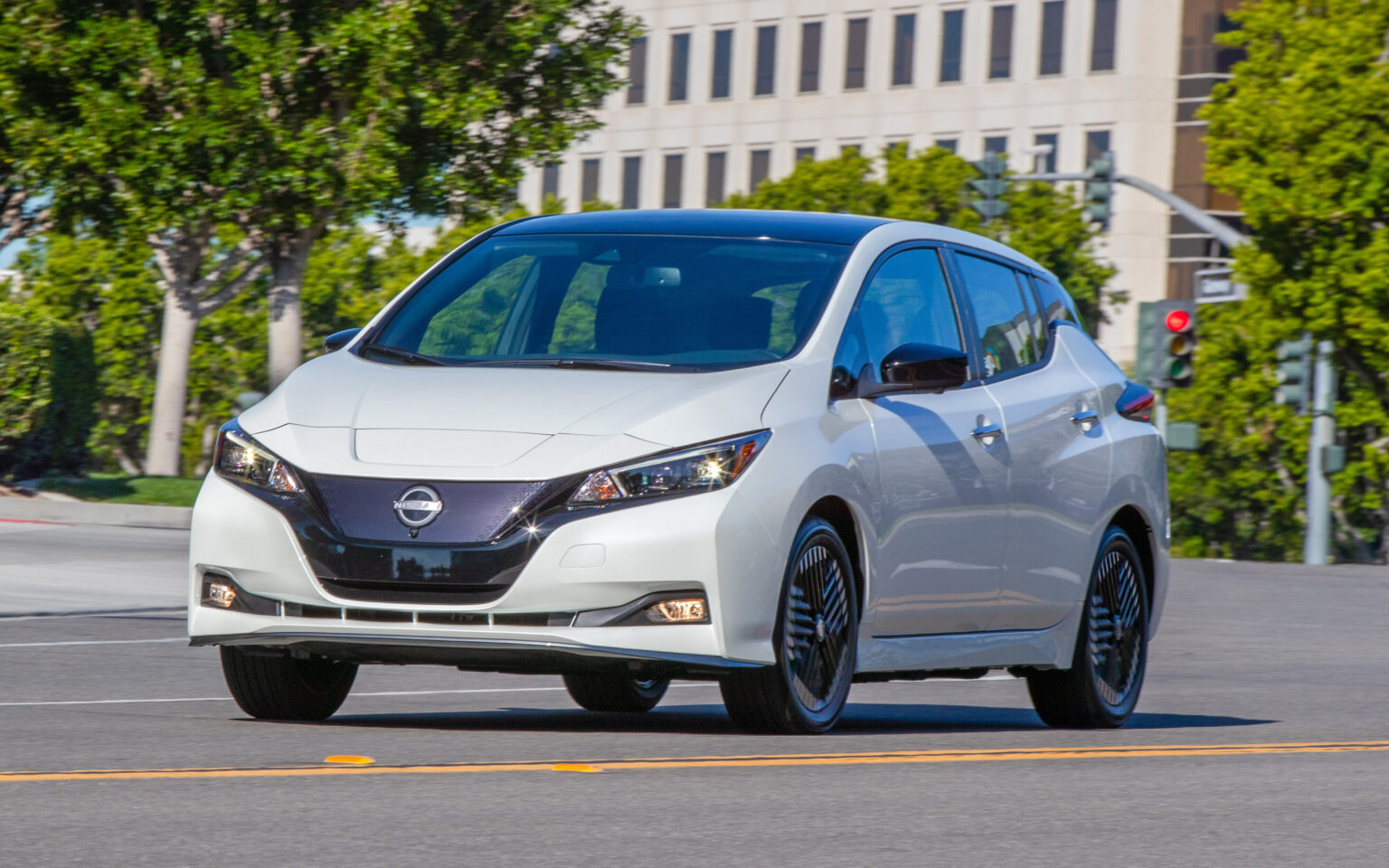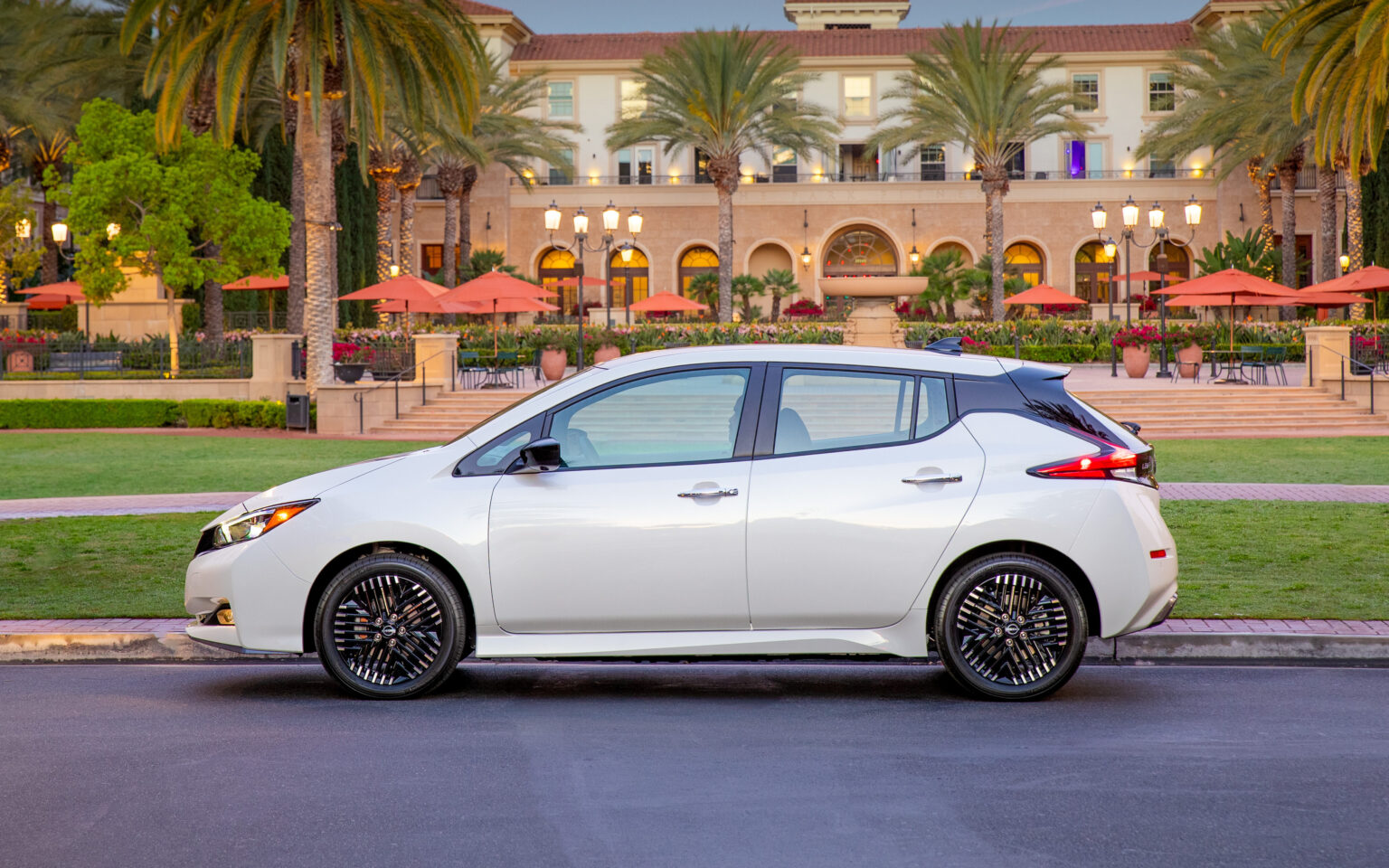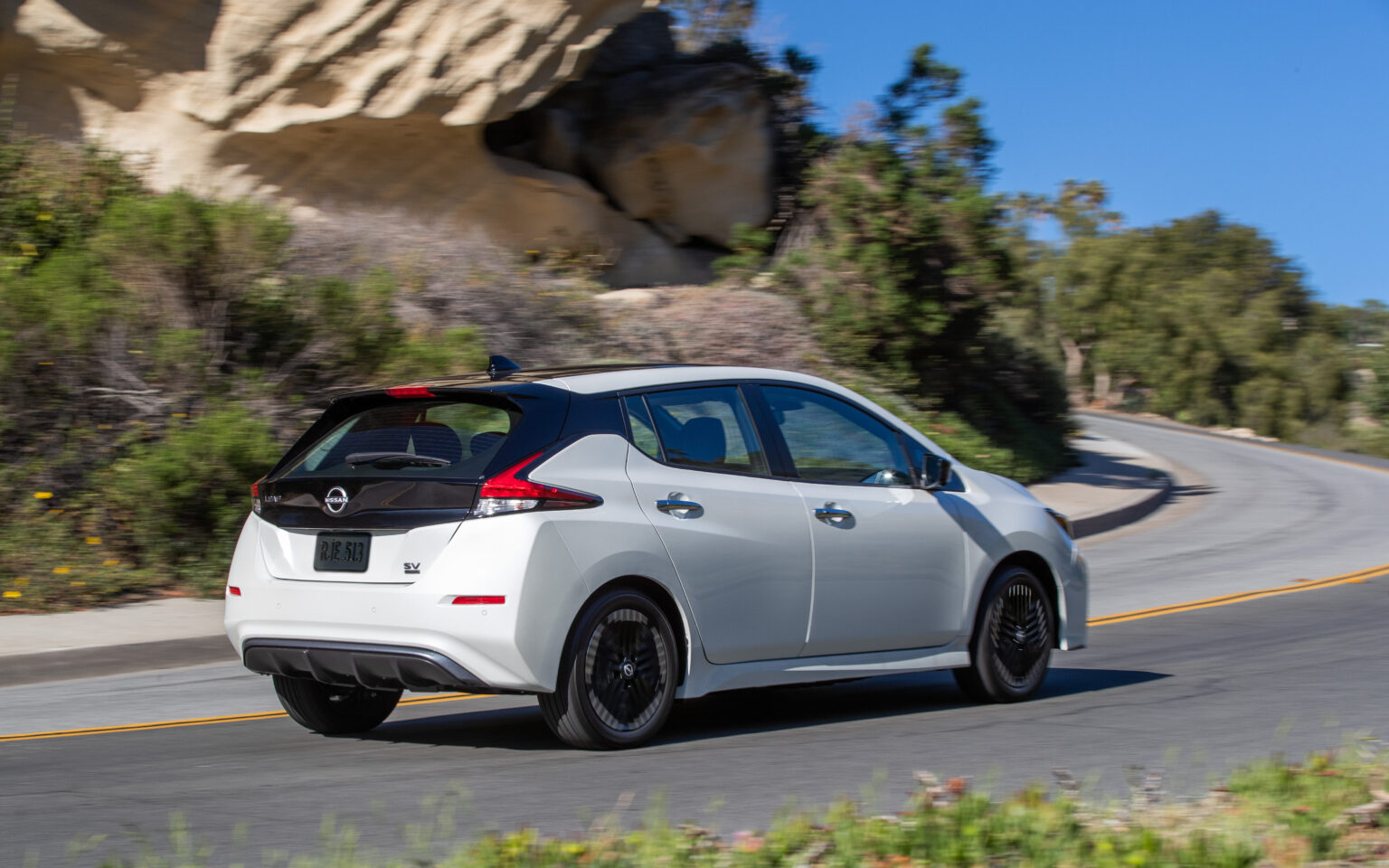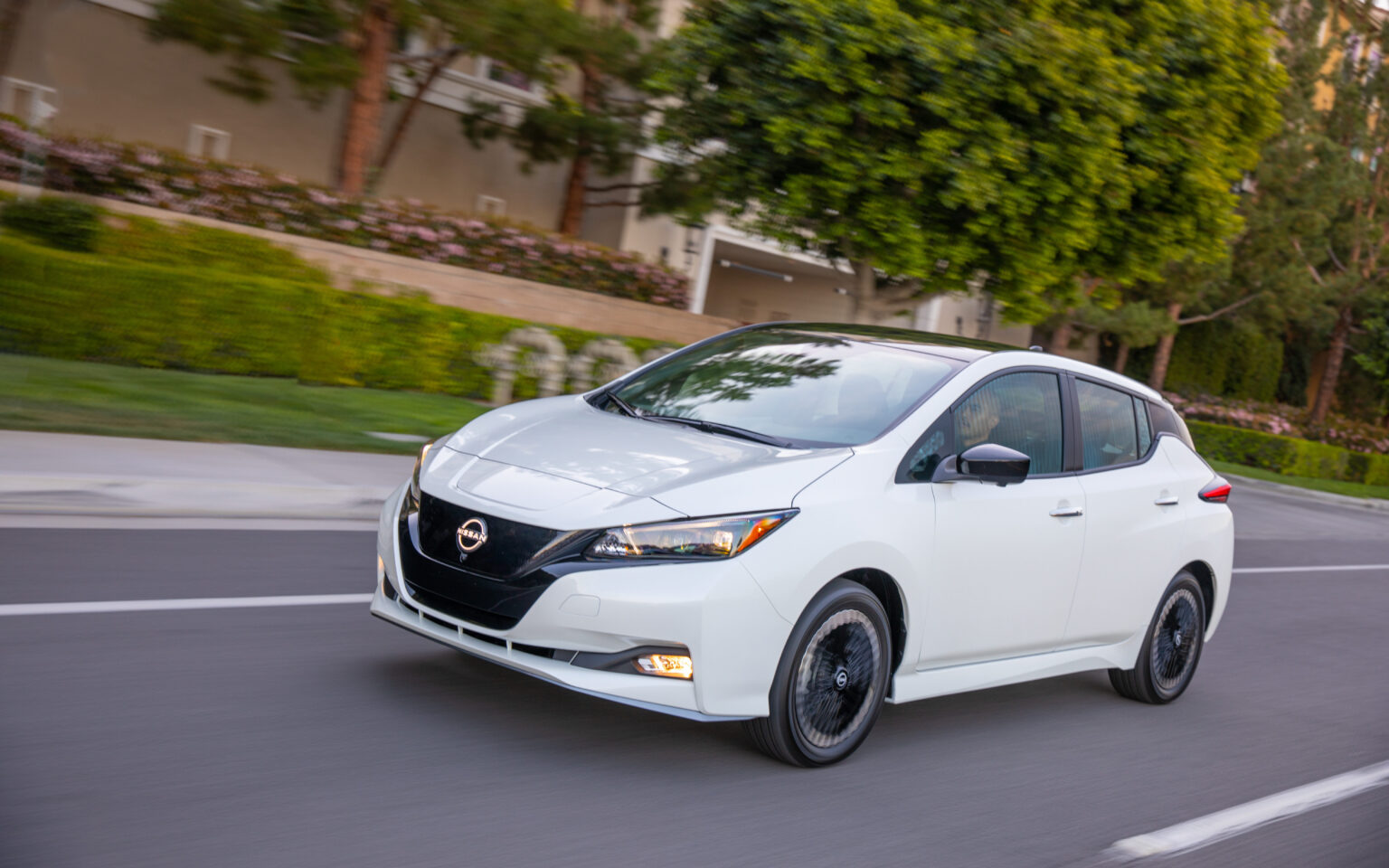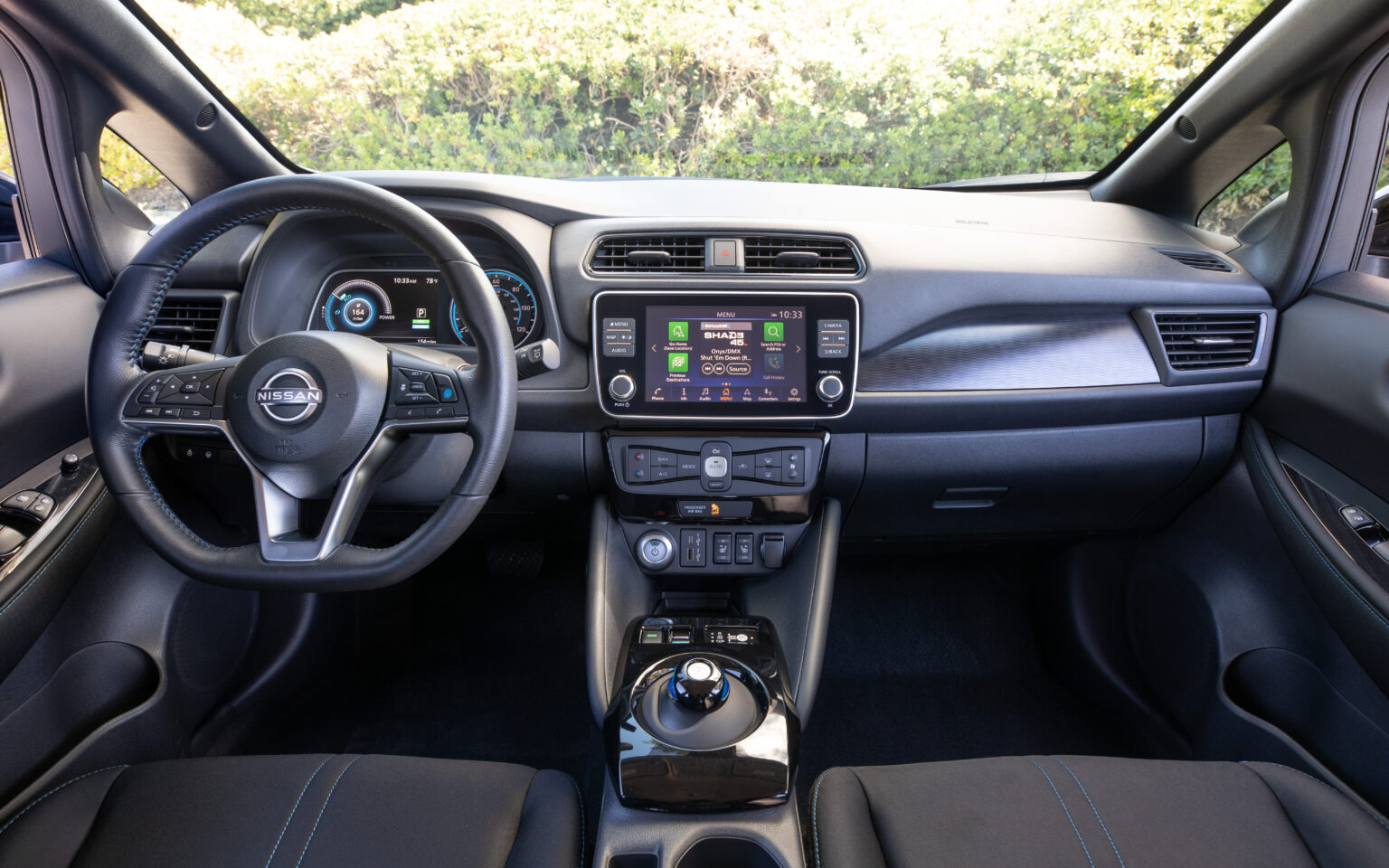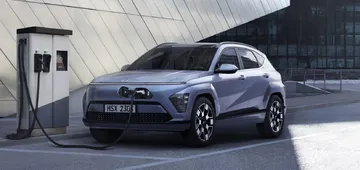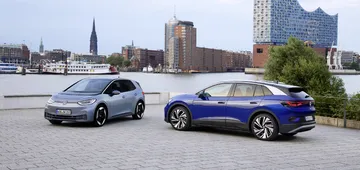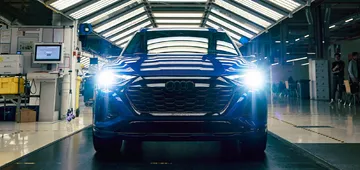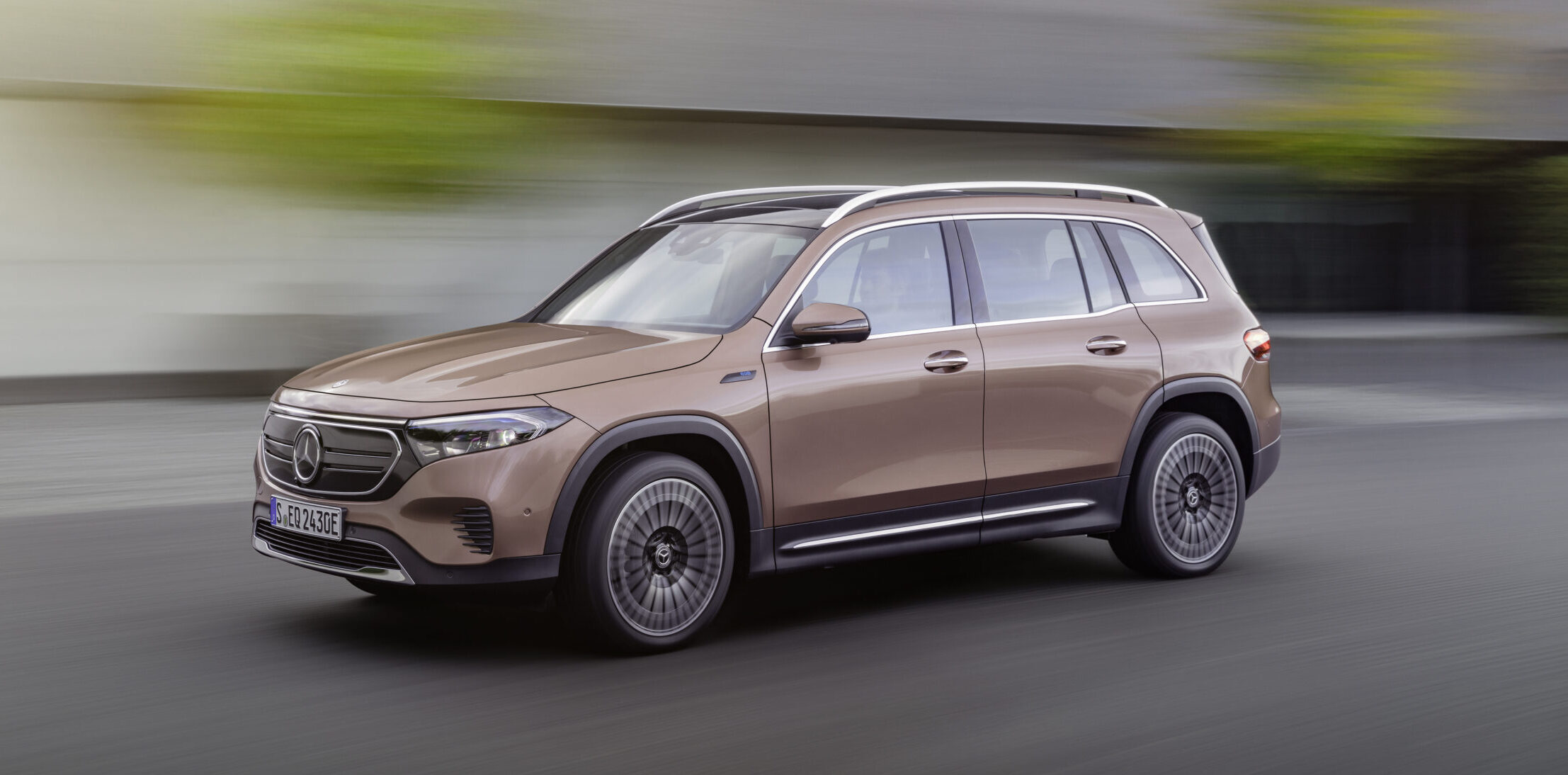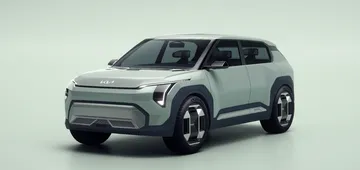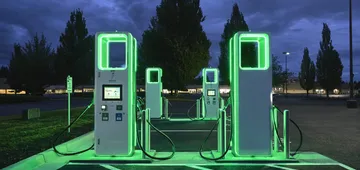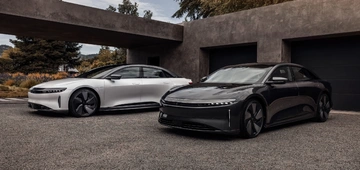Are Electric Cars Worth It: Unveiling the Truth Behind EV Revolution
In a world increasingly focused on sustainability and innovation, the rise of electric cars poses a critical question: Are Electric Cars Worth It? This article delves into the intricate world of electric vehicles (EVs), exploring their potential to redefine our driving experience and impact on the planet. As we stand at the crossroads of environmental responsibility and technological advancement, understanding the benefits and challenges of EVs is more relevant than ever. This exploration is not just for automotive enthusiasts or environmental supporters, but for anyone curious about the future of transport, aiming to provide a comprehensive perspective on whether electric cars are truly worth the shift from traditional gasoline vehicles.
Simultaneously, it’s crucial to consider the evolving role of used cars in this landscape. Used electric vehicles offer a more affordable entry point, making sustainable transportation accessible to a broader audience. Our article examines the growing market for used EVs, comparing them against new electric models and traditional used gasoline vehicles. We will also explore the financial dynamics of electric car depreciation, a key factor in making informed decisions about investing in new or used EVs. The integration of used electric cars into the automotive market is really reshaping the industry, signaling a significant shift in consumer options and preferences in sustainable transportation.
Are Electric Cars Worth It in Terms of Fuel Costs?
Electric vehicles, such as the Tesla Model 3, are garnering attention for their cost-effectiveness, particularly in terms of fuel expenses. The Tesla Model 3, a popular choice among EVs, exemplifies the financial benefits of electric cars over traditional petrol vehicles. A 2020 Consumer Reports study highlighted that EV drivers typically spend about 60% less each year on fuel costs compared to those driving gasoline cars. This is largely due to the fact that charging an EV, including models like the Tesla Model 3, can be up to 50% cheaper than refueling a petrol car. Over the duration of ownership, these savings can accumulate significantly, making EVs like the Tesla Model 3 a financially advantageous choice in the long term.
Beyond the fuel cost savings, the Tesla Model 3, like other electric cars, offers advantages in terms of maintenance. Electric cars are known for their lower maintenance needs compared to conventional cars, which further enhances their cost-effectiveness. The initial higher purchase price of electric vehicles, such as the Tesla Model 3, is typically balanced out by their reduced operating costs over a period of 5 to 7 years. This balance of costs makes vehicles like the Tesla Model 3 a sensible investment for many drivers. Their superior performance and minimal maintenance requirements not only make them a cost-efficient option but also a pleasure to drive and own.
The Environmental Impact of Electric Cars
The environmental impact of electric vehicles (EVs) like the Chevrolet Bolt is a subject of considerable interest, encompassing various factors such as battery production and electricity sources for charging. The production of batteries, a critical component of EVs like the Chevrolet Bolt, represents a significant part of their overall environmental footprint. This phase is more emission-intensive compared to the manufacturing of gasoline vehicles due to the energy demands of battery production. However, once operational, EVs like the Chevrolet Bolt demonstrate notable environmental advantages. For example, EVs typically emit around half the CO2 equivalent annually compared to conventional gasoline cars, provided they are driven enough to offset the emissions incurred during their production. In the U.S., a non-luxury EV like the Chevrolet Bolt must accumulate between 28,069 and 68,160 miles to begin reaping net emissions benefits over gasoline vehicles.
The full extent of the environmental benefits offered by an EV such as the Chevrolet Bolt also depends significantly on the electricity used for charging. In areas where the electricity grid is more dependent on renewable energy, the emissions benefits of driving an EV are amplified. Thus, the overall environmental impact of EVs must be assessed considering their entire lifecycle and operational conditions. Ongoing research, including studies focusing on different states in the U.S., is aiming to evaluate the emissions benefits of EVs more comprehensively, taking into account the diverse energy sources used in electricity grids. This research seeks not only to measure the environmental impact of EVs but also to guide effective policymaking and optimize emissions reduction efforts in the context of EV promotion. In summary, while EVs like the Chevrolet Bolt have a considerable initial environmental cost primarily due to battery production, their long-term operational emissions are substantially lower, particularly in regions with cleaner energy sources, making them a more environmentally friendly option over time.
Energy Efficiency in EVs: What Really Matters?
The energy efficiency of electric vehicles (EVs) like the Hyundai Kona Electric is influenced by several key factors. Firstly, the electric drive system of the Kona Electric, like other EVs, is significantly more efficient than traditional gasoline engines. The electric drive system in vehicles like the Kona Electric typically experiences only about 15% to 20% energy loss, compared to the 64% to 75% loss in gasoline engines. This efficiency is further boosted by regenerative braking, a feature that allows the Kona Electric to recapture energy normally lost during braking. Overall, EVs can achieve energy efficiencies between 60% and 73%, a rate that can exceed 77% when the energy recaptured from regenerative braking is accounted for.
However, the Kona Electric, like all EVs, also faces energy losses during charging and through the use of auxiliary systems. Energy losses occur when converting AC from the electrical grid to DC for the battery, and as the battery resists charging, particularly as it nears full capacity. The specific extent of these losses can vary with the vehicle, the type of charging system, the battery's state, and ambient weather conditions. Additionally, auxiliary systems, particularly those for cabin heating and cooling, can significantly impact the Kona Electric's energy efficiency, especially in extreme temperatures. For instance, auxiliary electrical losses in cold conditions can represent more than 40% of the vehicle's energy use in city driving. Other accessories, such as lights, windshield wipers, and entertainment systems, also draw energy, albeit to a lesser extent. Moreover, the Kona Electric's energy efficiency is affected by driving behaviors and conditions, such as ambient temperature changes and frequent stops in heavy traffic, which increase energy consumption. In summary, factors like vehicle design, charging process, auxiliary system use, and driving conditions collectively determine the energy efficiency of the Hyundai Kona Electric.
Simplicity and Reliability of Electric Cars
Electric vehicles (EVs), exemplified by models like the Ford Mustang Mach-E, are evolving in terms of their reliability compared to traditional gasoline-powered vehicles. Recent reports have indicated that EVs have historically faced more reliability issues, particularly concerning battery and charging systems, as well as the fit and finish of body panels and interior parts. However, there's a positive trend in recent years; EVs from the 2023 model year, for instance, have shown a significant reduction in problems, now only marginally surpassing those of gasoline vehicles. This improvement is embodied by the Ford Mustang Mach-E, which has garnered attention for its reliability that exceeds the average for new electric cars. Combining sports car appeal with practical features like a considerable range and affordability, the Mach-E represents the growing dependability of modern EVs.
This shift towards more reliable electric vehicles is marked by advancements in technology and manufacturing processes. While EVs are still relatively new compared to gasoline vehicles and have less history to draw on for their reliability track record, models like the Mach-E are at the forefront of this transformation. The reliability of EVs is expected to continue improving as manufacturers gain more experience and refine their electric power systems. For potential buyers, the enhanced reliability of EVs, as seen in vehicles like the Ford Mustang Mach-E, is becoming an increasingly important factor, alongside considerations such as cost, charging infrastructure, and charging times. The Mach-E's success in blending advanced technology with increasing reliability highlights the growing potential and appeal of EVs in today's automotive market.
Are Electric Cars Really Worth It to Make Energy Independence with Electric Cars?
Electric vehicles such as the Volkswagen ID.4 are increasingly viewed as a vital component in achieving energy self-reliance, addressing concerns linked to the environment, economy, and national security. The Volkswagen ID.4, which operates on electricity, diminishes the reliance on imported fossil fuels, as it can be powered by diverse sources of energy. This facet is particularly significant as more nations transition towards sustainable energy sources like solar, wind, and hydropower. Moreover, for individual consumers, incorporating EVs like the ID.4 with residential solar panel systems can lead to a more self-sustainable and eco-friendly lifestyle. This fusion of EVs and renewable energy not only advances energy autonomy but also supports broader objectives of reducing carbon emissions and fostering sustainable practices.
The role of government strategies and supportive measures is paramount in fostering the widespread acceptance of EVs and attaining energy self-sufficiency. These approaches, encompassing incentives for the acquisition of electric vehicles and bolstering the growth of domestic industries related to sustainable energy and battery technologies, are crucial for expediting the transition to a greener energy sector. Such well-thought-out initiatives also encompass investing in the advancement of charging infrastructure and renewable energy technologies, rendering the ownership of electric vehicles more pragmatic and enticing. Within this framework, automobiles like the Volkswagen ID.4 are emerging as a pivotal component of the endeavor to reduce dependence on non-renewable resources and enhance energy resilience. The move toward electric vehicles, aided by government strategies and a transition to renewable energy sources, represents a significant stride toward heightened energy autonomy and ecological sustainability.
Evaluating the Economics of Electric Vehicles
The economic viability of electric vehicles, such as the Kia Niro EV, is increasingly becoming a focal point in the automotive industry. The total cost of ownership (TCO) for electric vehicles, which encompasses factors like depreciation, fueling, maintenance, and charging infrastructure, is anticipated to become more favorable compared to traditional internal combustion engine (ICE) vehicles. By 2025, it's projected that battery electric vehicles (BEVs) like the Kia Niro EV will outperform their ICE counterparts across various vehicle classes. This shift is further supported by legislative incentives, which offer tax benefits and subsidies, making electric vehicles like the Kia Niro more financially appealing, particularly for high-mileage users. The operational efficiencies of EVs stem from the lower and less volatile costs of electricity compared to diesel, enhancing their economic advantage. The reliability of EV charging networks is improving, aligning with those of ICE refueling stations, and in the secondary market, electric passenger cars are showing strong performance, indicating a promising financial prospect for electric vehicles.
For individual consumers and fleet operators considering vehicles like the Kia Niro EV, the decision-making process must account for specific circumstances such as depreciation, fueling costs, maintenance of the battery and motor, and the costs associated with charging infrastructure. While new electric vehicles are generally more expensive upfront compared to ICE vehicles, this initial cost is offset by the long-term savings from lower fuel and maintenance expenses, as well as by tax incentives and stronger residual values. Furthermore, the resilience of electricity prices to market fluctuations compared to diesel and other fuels plays a significant role in favoring the economics of electric vehicles. Even with substantial increases in the prices of diesel, electricity, or hydrogen, the overall TCO for electric vehicles remains relatively stable, making them a more appealing option for a wide range of uses, including high-mileage fleet operations. As the market evolves, electric vehicles like the Kia Niro EV are expected to reach cost parity with ICE vehicles by around 2025, presenting a compelling economic case for their adoption.
Practicality and Range of the Electric Vehicles
Electric vehicles (EVs) have witnessed remarkable advancements in terms of practicality and range in recent years. The market has experienced exponential expansion, marked by a substantial surge in sales and consumer expenditures. This growth is underpinned by substantial worldwide investments, government encouragements, and a burgeoning enthusiasm for eco-friendly transportation alternatives. Electric vehicles now satisfy a diverse array of requirements, spanning from everyday commuting to extensive-distance journeys, rendering them a pragmatic option for a broad spectrum of consumers.
Taking the Lucid Air as an example, it exemplifies the advancements in EV technology and range capabilities. With its impressive range, which surpasses many other electric vehicles on the market, the Lucid Air offers a practical solution for long-distance travel without frequent recharging. Its high-performance features and luxurious design further demonstrate how electric vehicles can offer both practicality and premium experiences. The overall trend in the EV market, highlighted by models like the Lucid Air, indicates a shift towards vehicles that are not only environmentally friendly but also offer advanced features and greater convenience for diverse driving needs.
Challenges and Considerations Electric Cars
The electric vehicle market, exemplified by models like the Nissan Leaf, faces a range of challenges in 2023. Key issues include the lack of a universal standard for fast charging and the resulting "range anxiety," where potential EV buyers worry about the adequacy of their vehicle's charge for completing trips. This concern is particularly acute given the current state of charging infrastructure, which varies greatly in availability, especially in rural areas. Additionally, the increasing cost of charging due to rising electricity prices poses a financial challenge for EV owners, particularly those without access to home charging facilities. These issues are compounded by broader economic factors, such as the high initial cost of EVs like the Nissan Leaf, which can be a significant barrier to purchase for many consumers.
Technological and infrastructural challenges also persist. The global supply chain disruptions, affecting essential components like semiconductors and lithium-ion batteries, have hindered the production and availability of EVs. Furthermore, concerns about data protection and cybersecurity in the context of increasingly connected EVs, such as the Nissan Leaf, pose new challenges. The electric grid's capacity to support the growing number of EVs is another crucial consideration. As the prevalence of EVs rises, significant investment and upgrades in electricity production and grid balancing will be required to ensure a smooth transition to electric transportation. These challenges highlight the complex landscape of the EV market and underscore the need for continued innovation and strategic planning in the industry.
Market Overview and Future Outlook: Are Used and New Electric Cars Worth It?
The electric vehicle market has witnessed exponential growth, with sales surpassing 10 million in 2022, accounting for 14% of new car sales globally. This surge is led by China, followed by Europe and the United States, with significant increases in sales across these regions. The trend suggests continued strong sales into 2023, propelled by national policies, incentives, and fluctuating oil prices. By the end of 2023, EVs are expected to represent 18% of total car sales, indicating a robust and rapidly expanding market.
Looking forward, the global outlook for EVs remains bright, with market share projected to reach 35% by 2030 under existing policies. This growth will have a profound impact on energy markets and climate goals, with EVs poised to displace substantial oil demand and significantly reduce emissions. Simultaneously, advancements in battery manufacturing and a competitive market environment are leading to a diverse range of EV models, making electric cars increasingly accessible and attractive to consumers. These developments underscore the dynamic evolution of the EV market, driven by policy support, technological progress, and changing consumer preferences.
Comparison the Pros and Cons of Electric Vehicles and Gas Cars
| Feature | Gas Vehicles | Electric Vehicles |
|---|---|---|
| Fuel Costs | Higher due to gasoline prices | Lower due to electricity being cheaper |
| Emissions | Higher tailpipe emissions | Zero tailpipe emissions |
| Energy Efficiency | Less efficient; lower MPG | More efficient; higher MPGe |
| Maintenance | More frequent, higher costs | Less frequent, lower costs |
| Charging/Refueling Time | Minutes at gas stations | Hours for full charge; faster with Level 3 chargers |
| Charging/Refueling Infrastructure | Widespread gas stations | Growing network of charging stations, but less widespread |
| Initial Purchase Cost | Generally lower | Generally higher but offset by incentives and savings |
| Range | Generally longer range per refill | Improving range, varies by model |
| Market Growth | Declining in favor of EVs | Rapid growth, significant future projections |
| Impact on Climate Goals | Contributes to CO2 emissions | Aids in reducing CO2 emissions, especially when charged with renewable energy |
Conclusion: Answer to the question of the article "Are Electric Cars Worth It?"
Concluding on the theme "Are Electric Cars Worth It?", it's evident that electric vehicles are absolutely worth the investment. This article has highlighted the market's exponential growth, with sales figures for EVs soaring and projected to increase even further, underscoring rising confidence in EV technology. The combination of environmental benefits, such as significant emission reductions, and economic advantages, including lower operating and maintenance costs, positions EVs as a compelling choice. Furthermore, their increasing range capabilities and the expanding charging infrastructure enhance their practicality for both daily commuting and longer journeys. This is especially true when considering the rising availability of used electric cars, which are really making sustainable mobility accessible to a broader demographic.
The future outlook for EVs, bolstered by robust market trends and supportive policies, solidifies their position as a worthwhile investment. The shift towards electric mobility represents a crucial step in embracing sustainable transportation, aligning with global efforts to combat climate change. As battery technology continues to improve and the range of available models, including used options, expands, EVs offer not just a viable alternative to traditional vehicles but a superior choice. The increasing interest in used electric cars further validates this trend, making EVs a more accessible option for many. The decision to adopt electric vehicles is more than a trend; it's a commitment to a cleaner, more efficient, and economically sensible future, making EVs 100% worth it, particularly when considering the growing market for used models.
FAQ
Electric cars do come with certain drawbacks. These include the challenge of locating charging stations, longer charging times compared to fueling gas vehicles, higher purchase prices initially, a limited range on a single charge, and the potential high cost of replacing battery packs.
Electric motors in electric vehicles have significantly fewer moving parts compared to traditional internal combustion engines, eliminating the need for routine maintenance like oil changes, spark plug replacements, or fuel filters. Additionally, regenerative braking in EVs, which uses the electric motor to slow down the vehicle, can prolong the life of brake pads. These factors contribute to lower overall maintenance costs for EVs, leading to increased long-term savings for owners.
The urgency of combating climate change has catalyzed the growth of the electric vehicle market, attracting significant interest from both consumers and investors. Investment opportunities in this booming sector are diverse, ranging from purchasing stocks in EV manufacturing companies to investing in funds that focus on EV-related businesses. This expansion reflects a broader trend towards sustainable investments, as both individuals and institutions recognize the potential of electric vehicles in the transition to a greener economy.
Electric vehicles present numerous benefits compared to gasoline cars, including reduced running costs and lower lifetime emissions. However, gasoline-powered vehicles still hold an advantage in terms of the established infrastructure and familiarity among the majority of drivers. This contrast highlights the ongoing transition in the automotive industry as EV technology and infrastructure continue to develop, gradually bridging the gap in convenience and accessibility.
Projections indicate a significant upward trend in electric vehicle sales in the coming years. By 2025, EVs could represent up to 20% of new car sales. This figure is expected to rise to 40% by 2030. Looking further ahead to 2040, electric vehicles could dominate the market, potentially accounting for nearly all new car sales. This trend reflects the growing shift towards electric mobility and the increasing acceptance of EVs as a viable and preferred option for transportation.
For a deeper dive into the world of electric vehicles, take a look at the article of the Chinese Electric Cars, which offers a detailed look at EVs. Additionally, we made the article about Electric Truck Towing Capacity.
